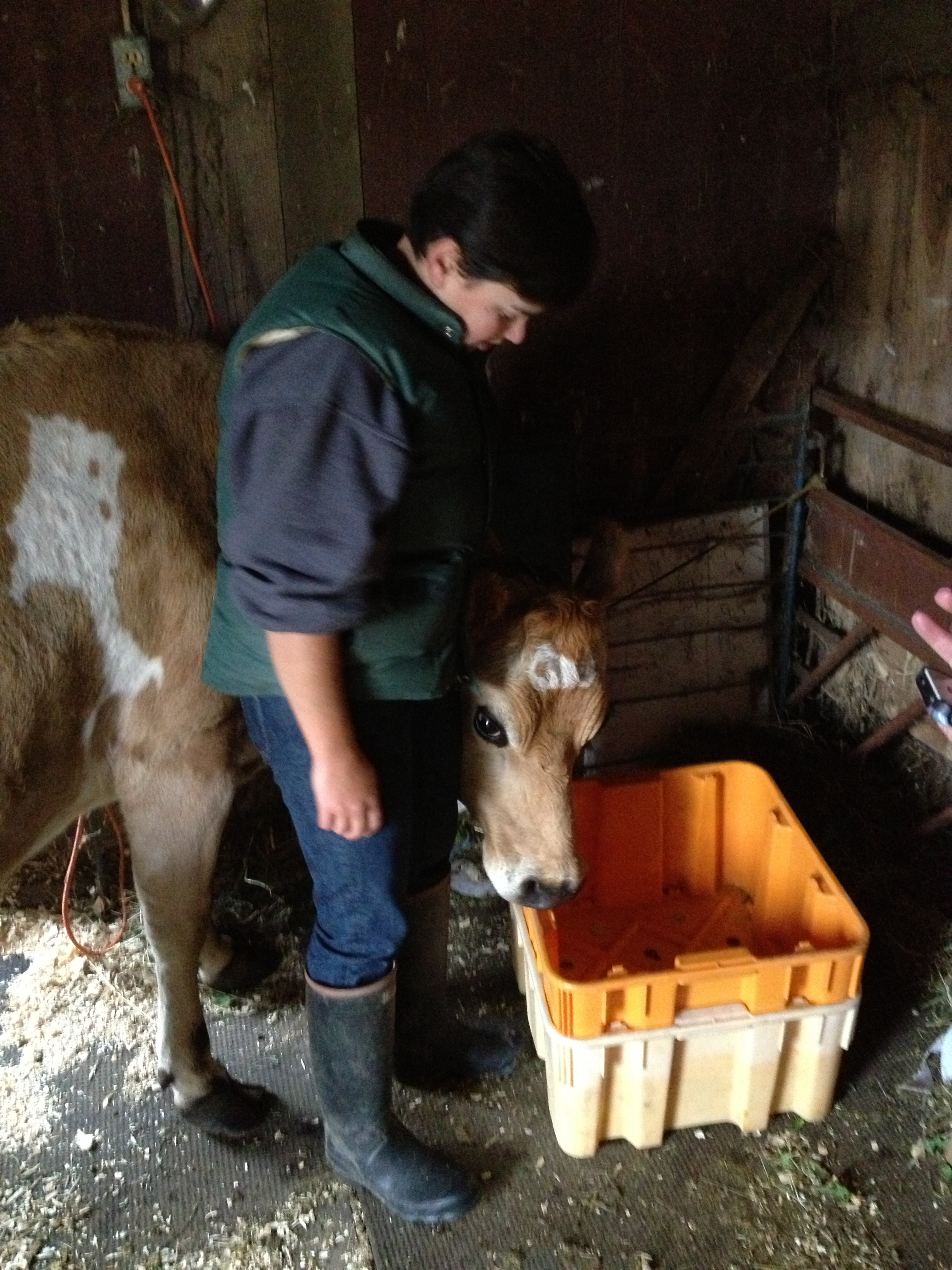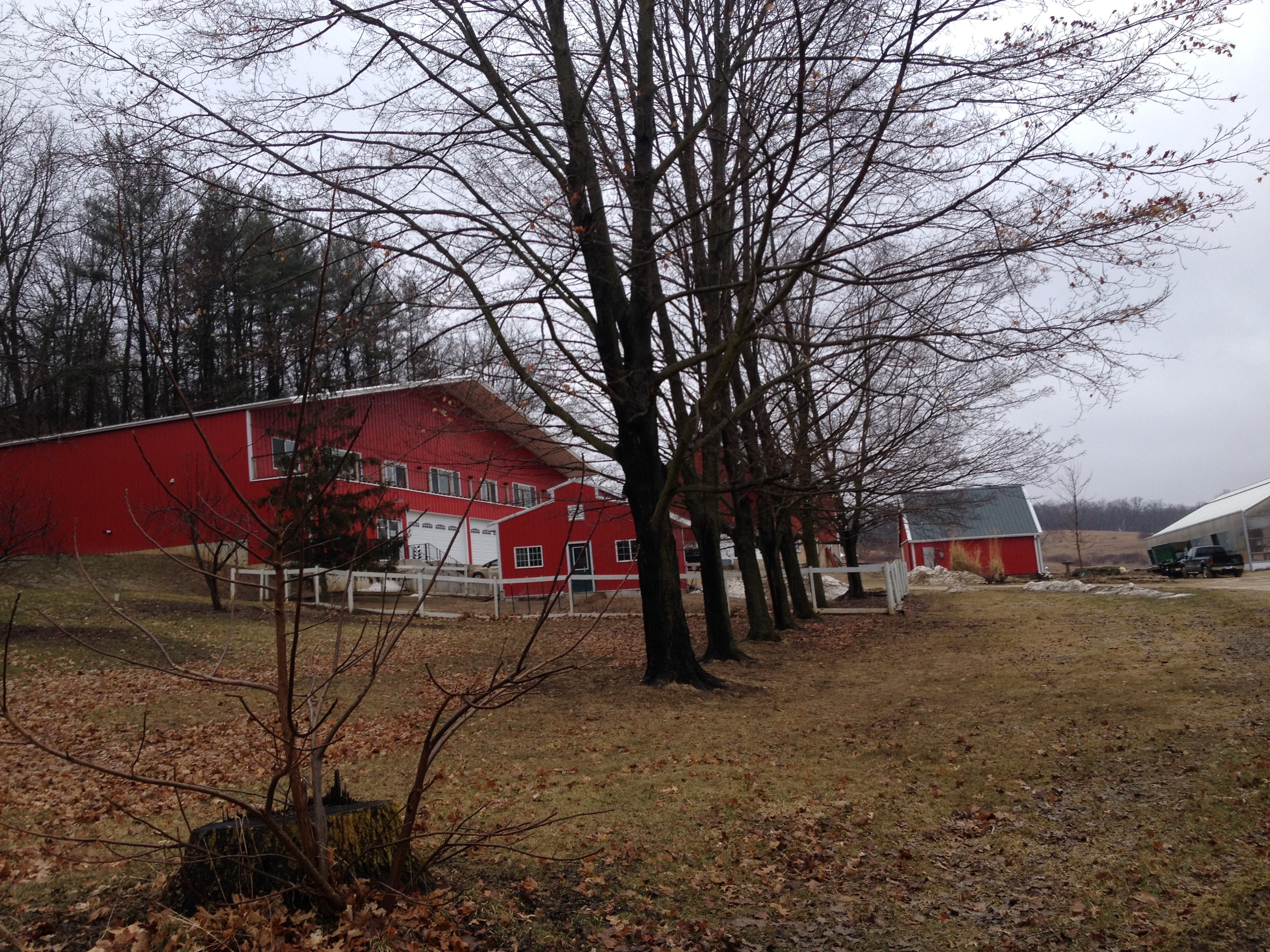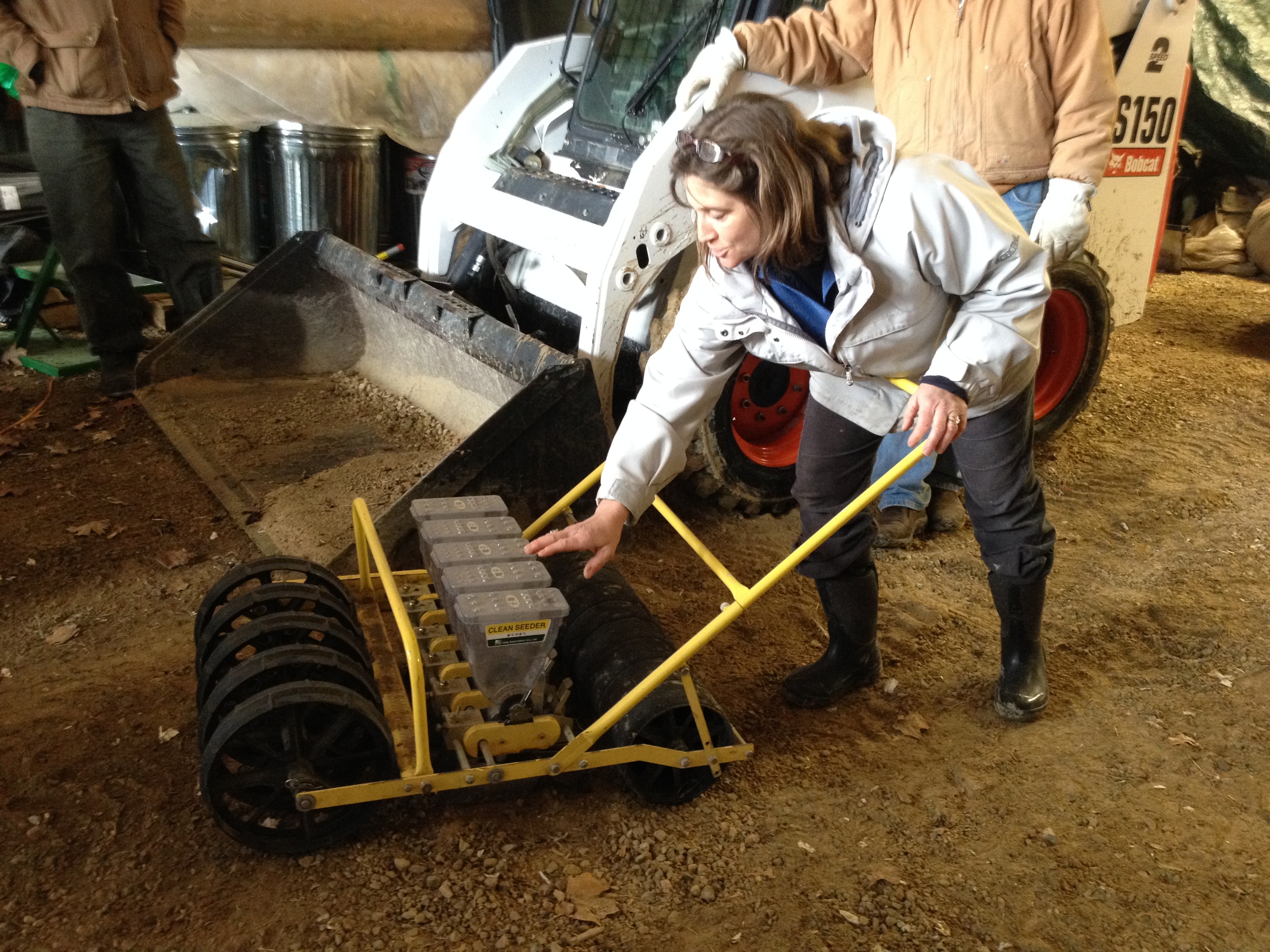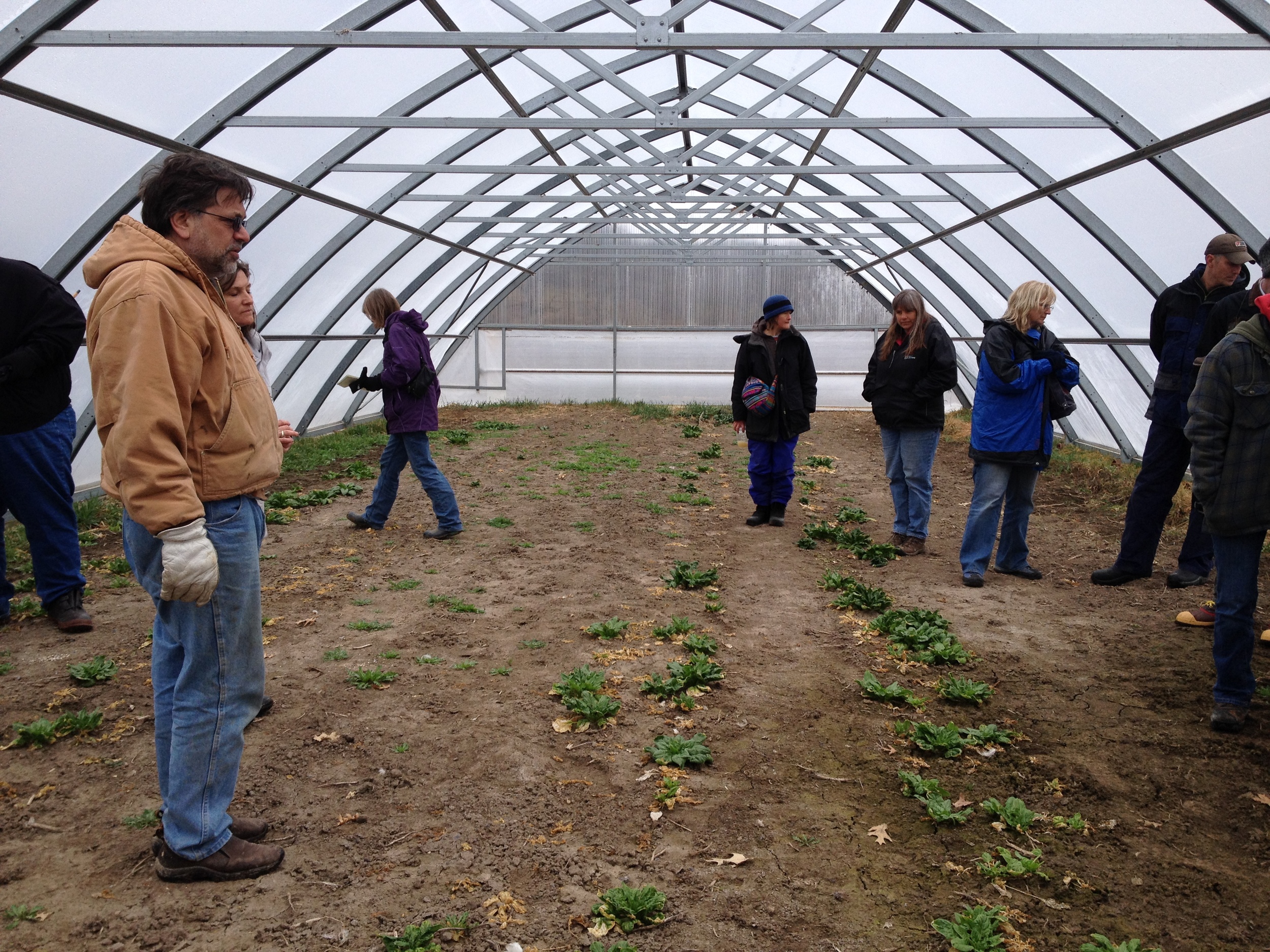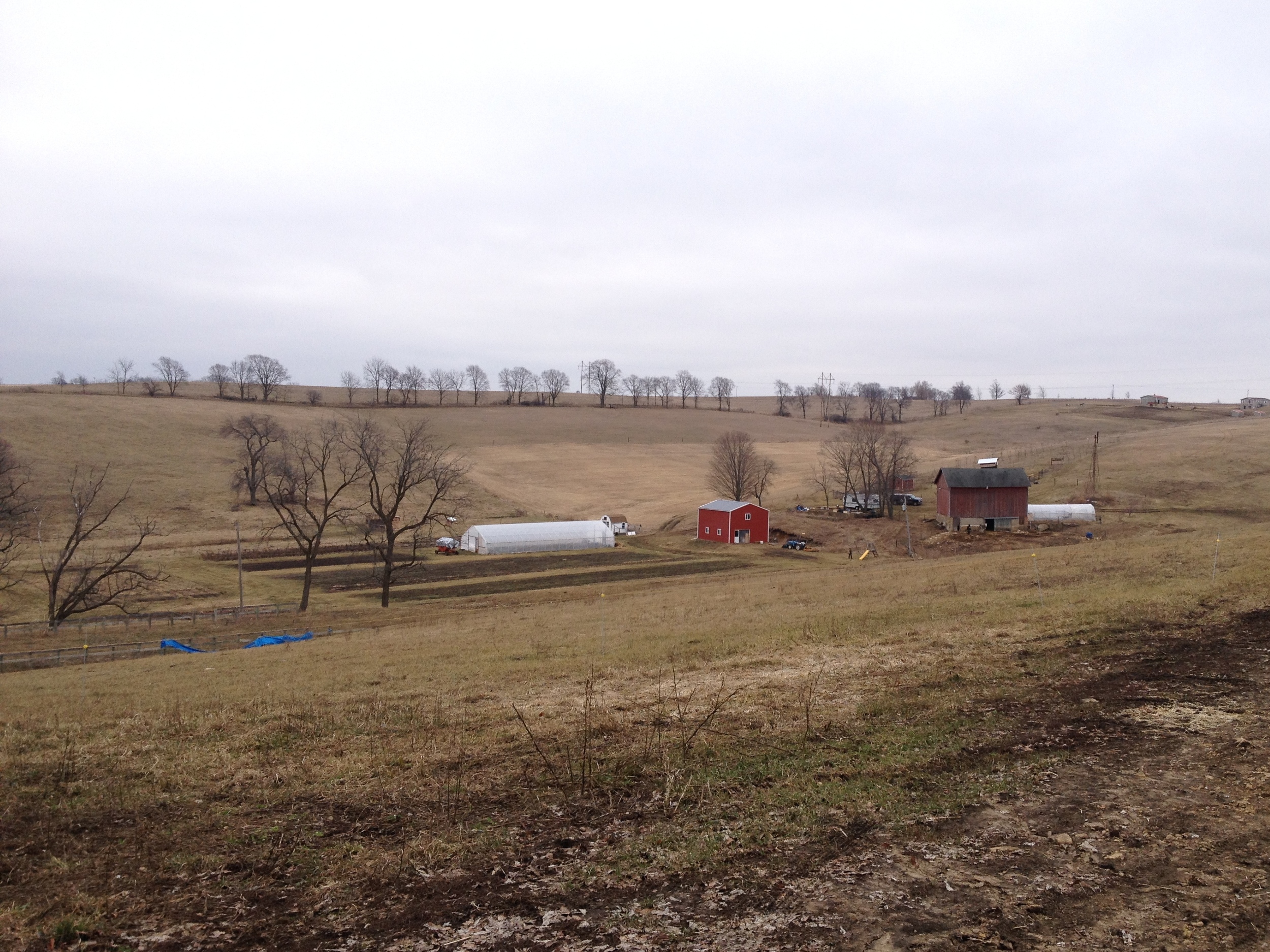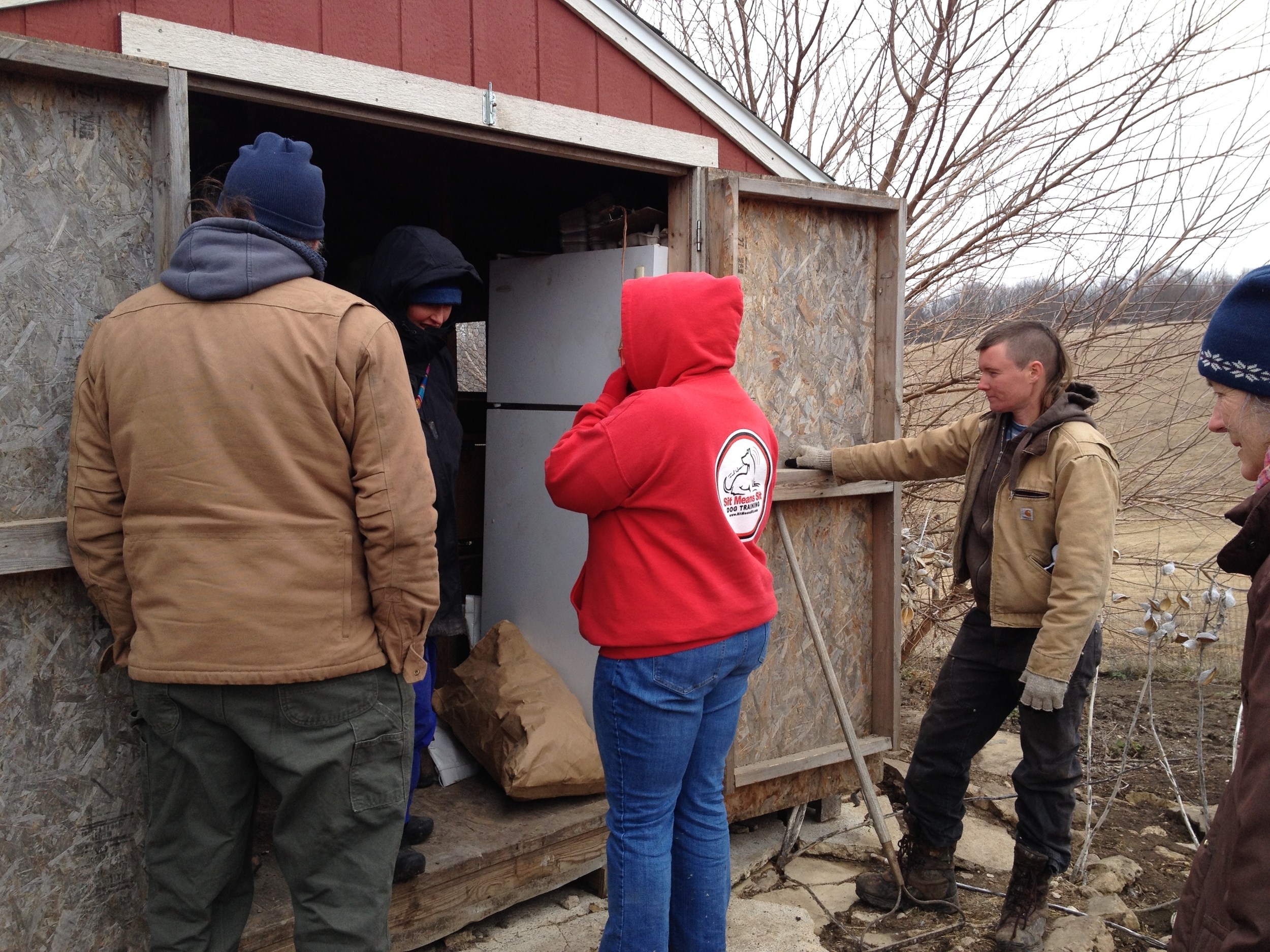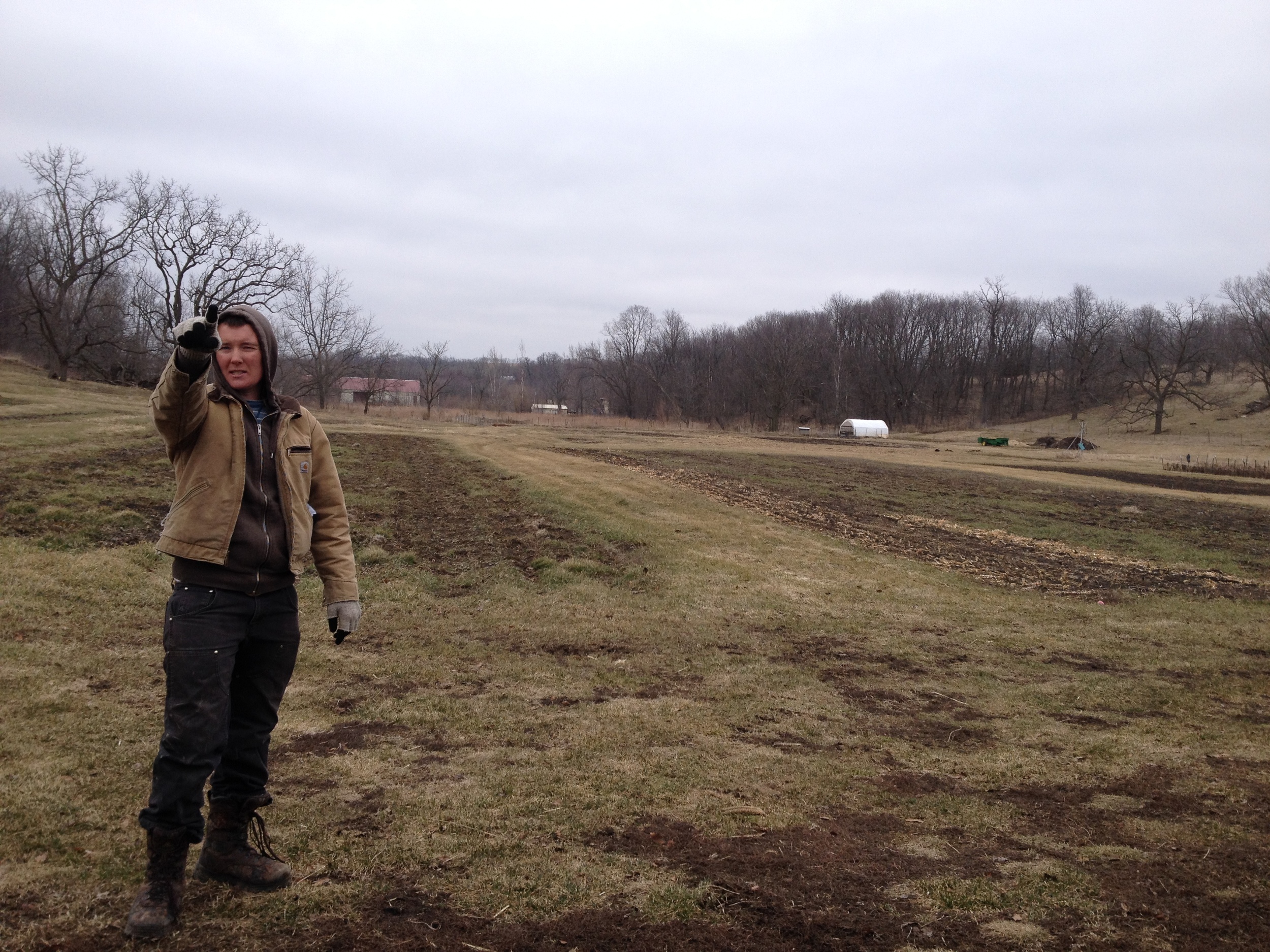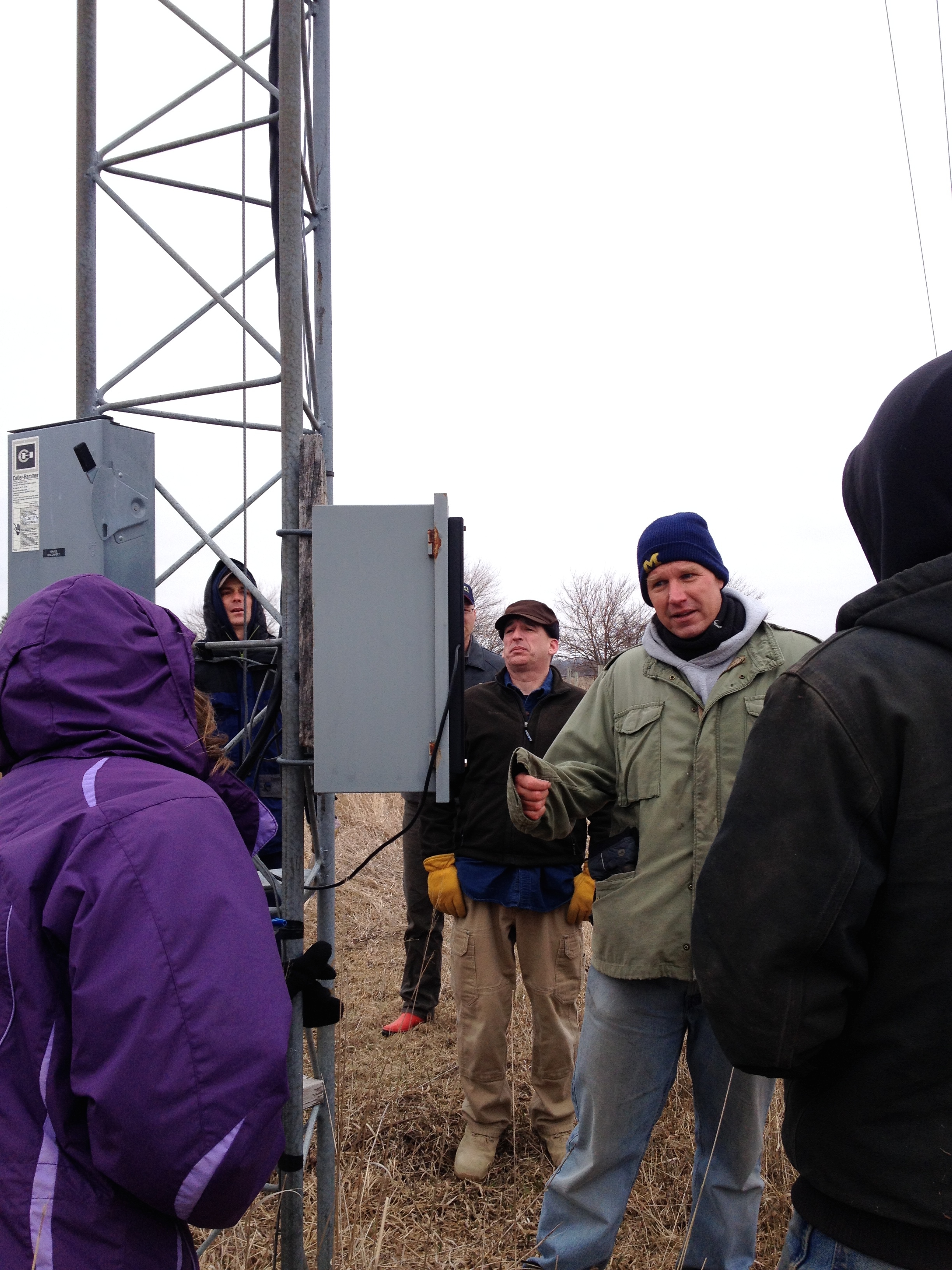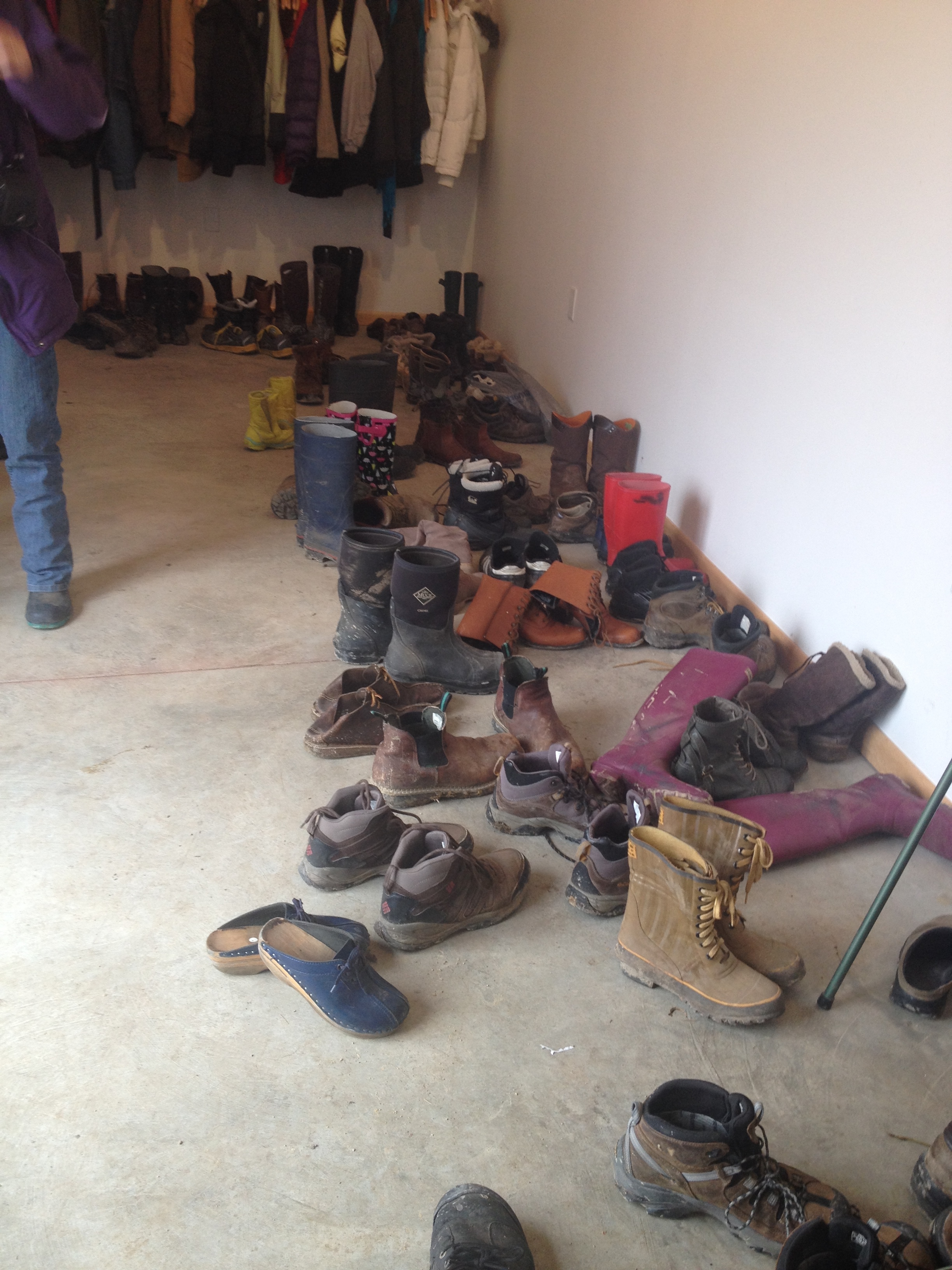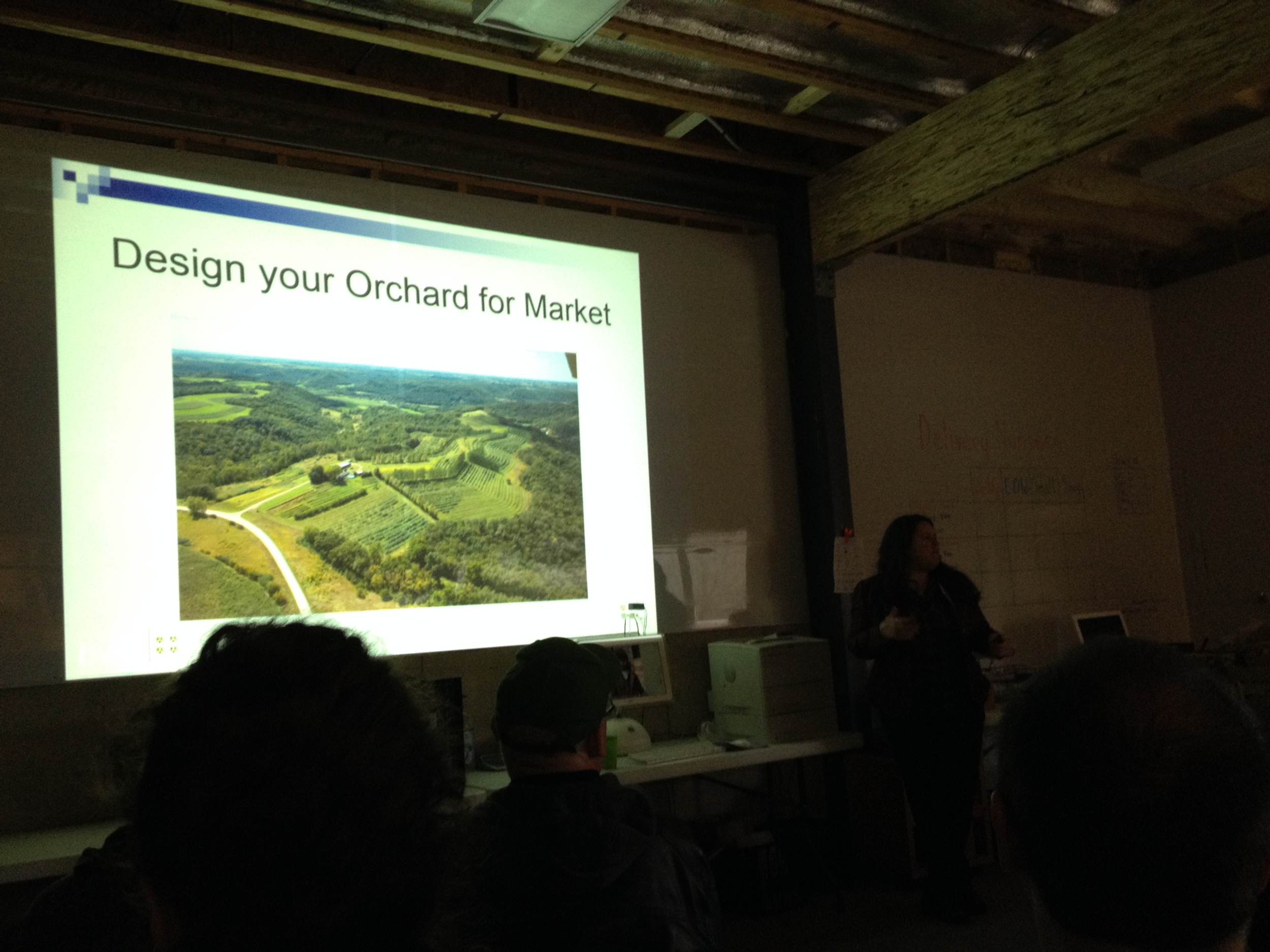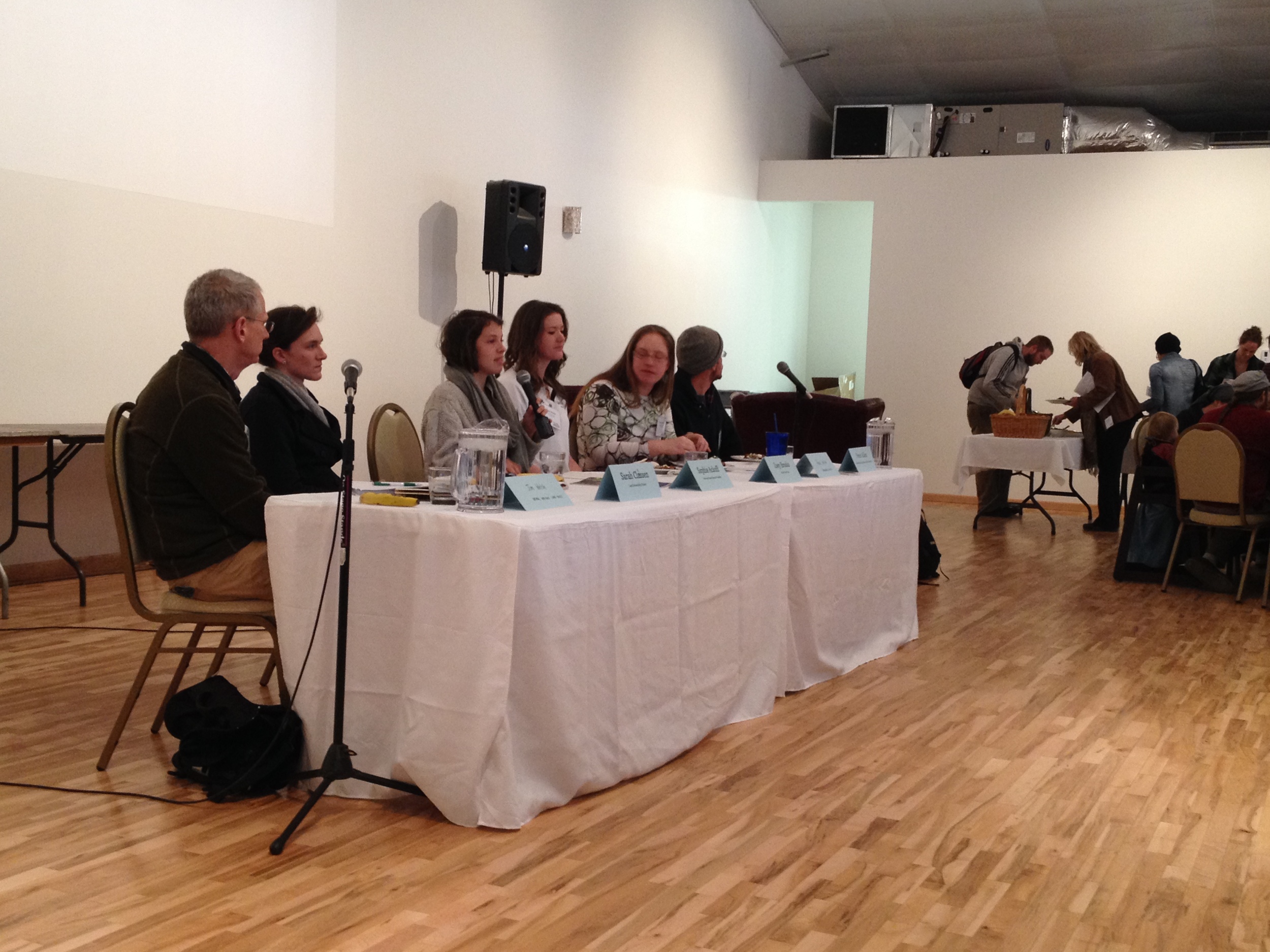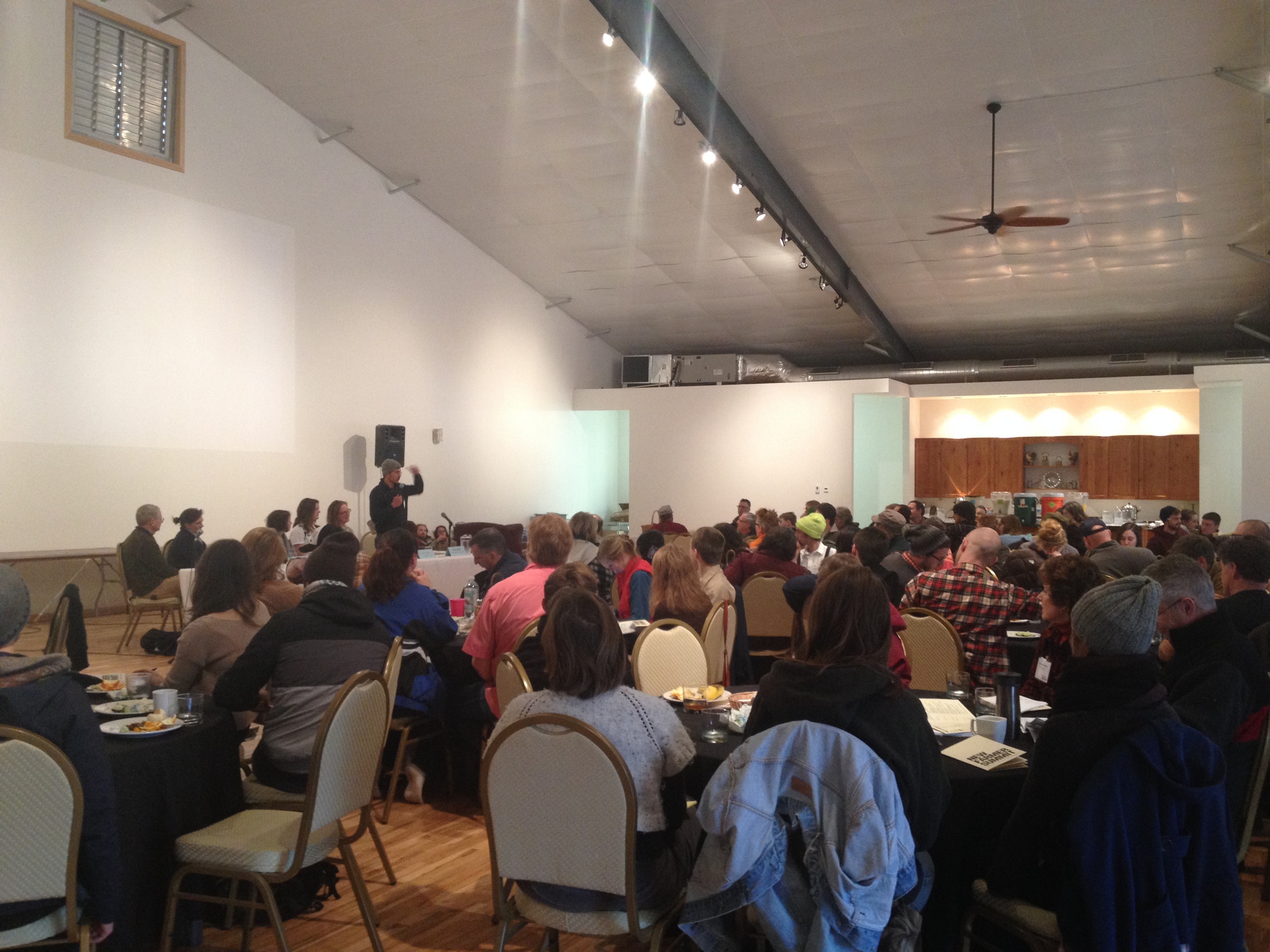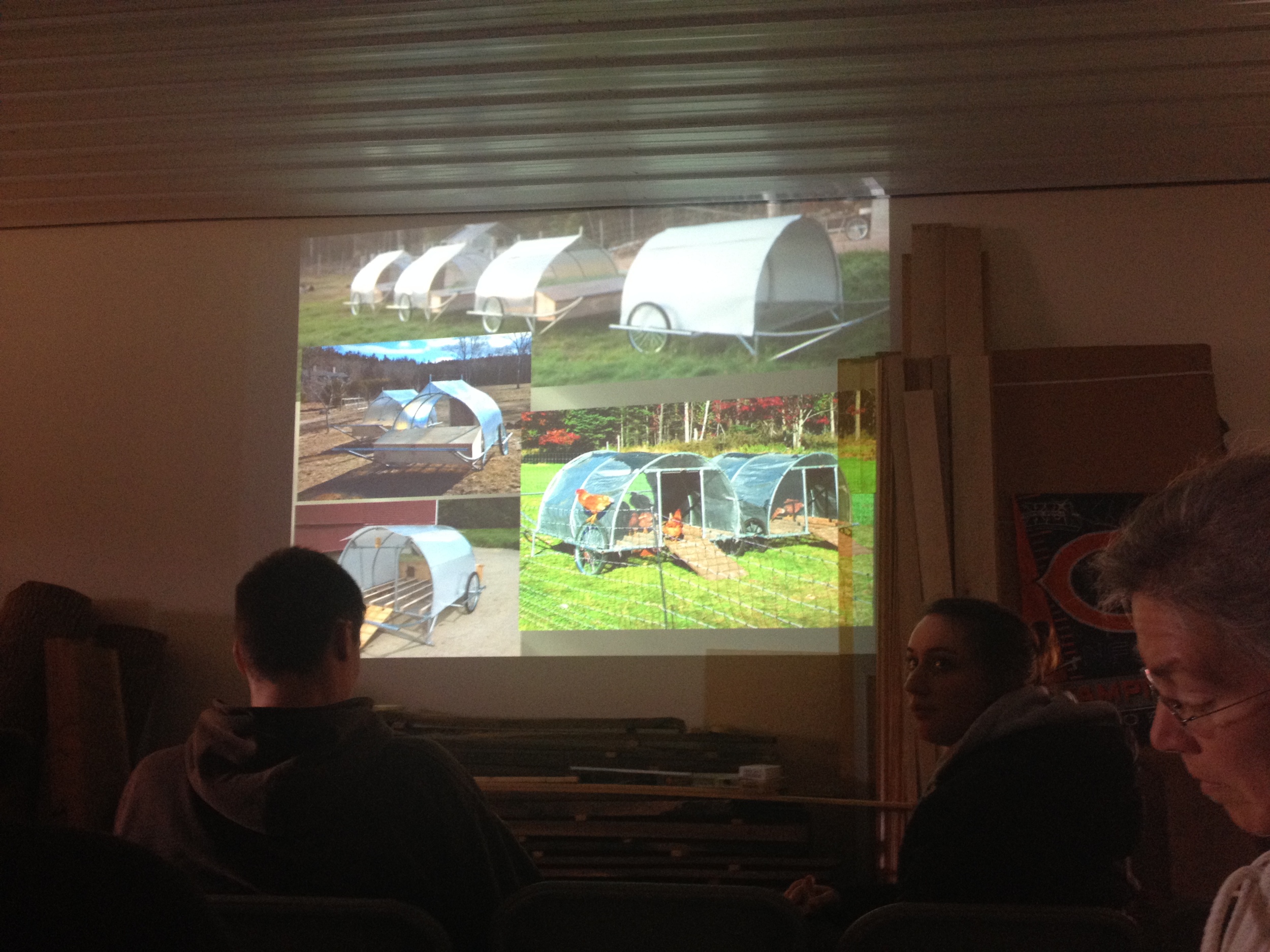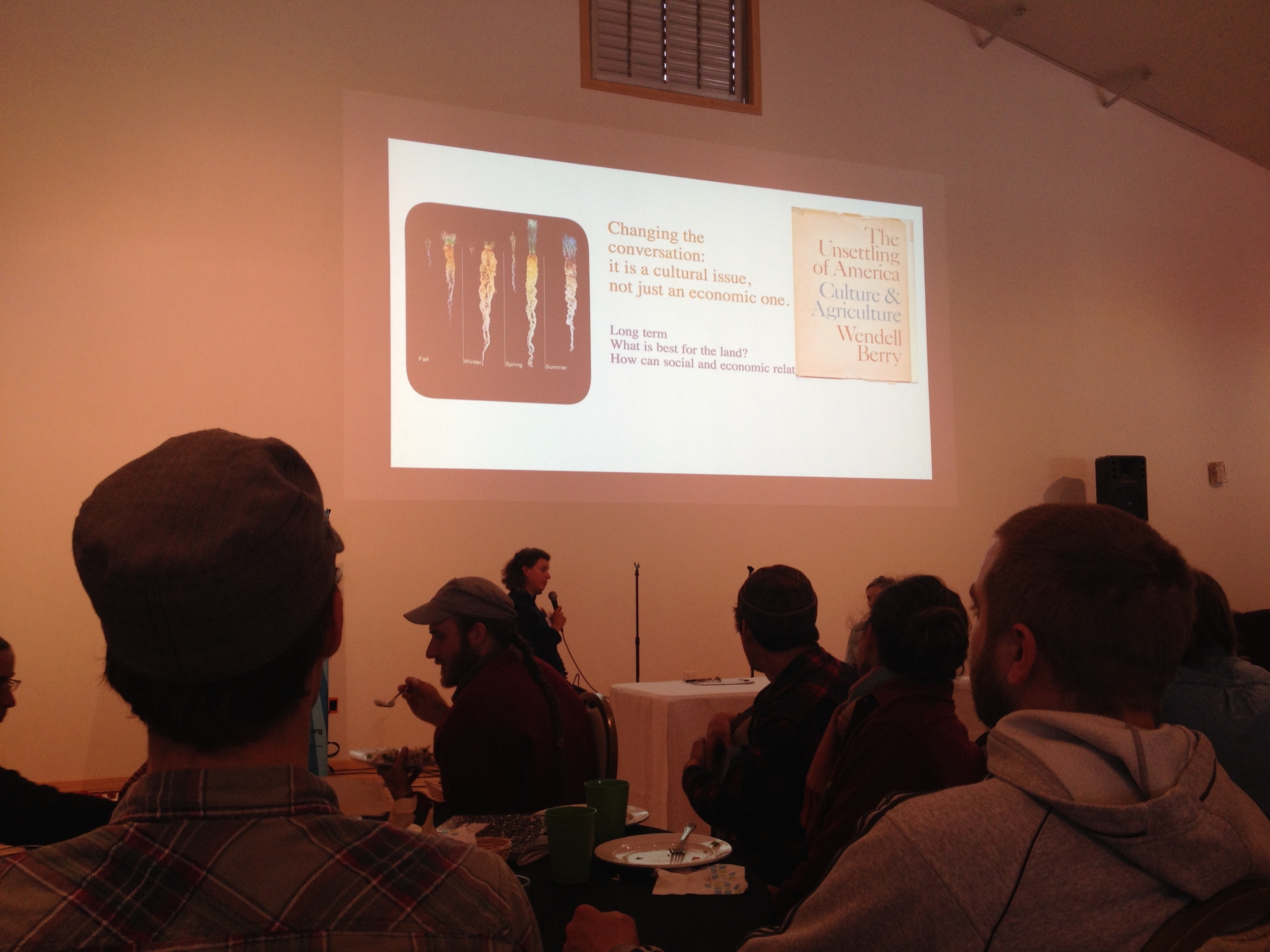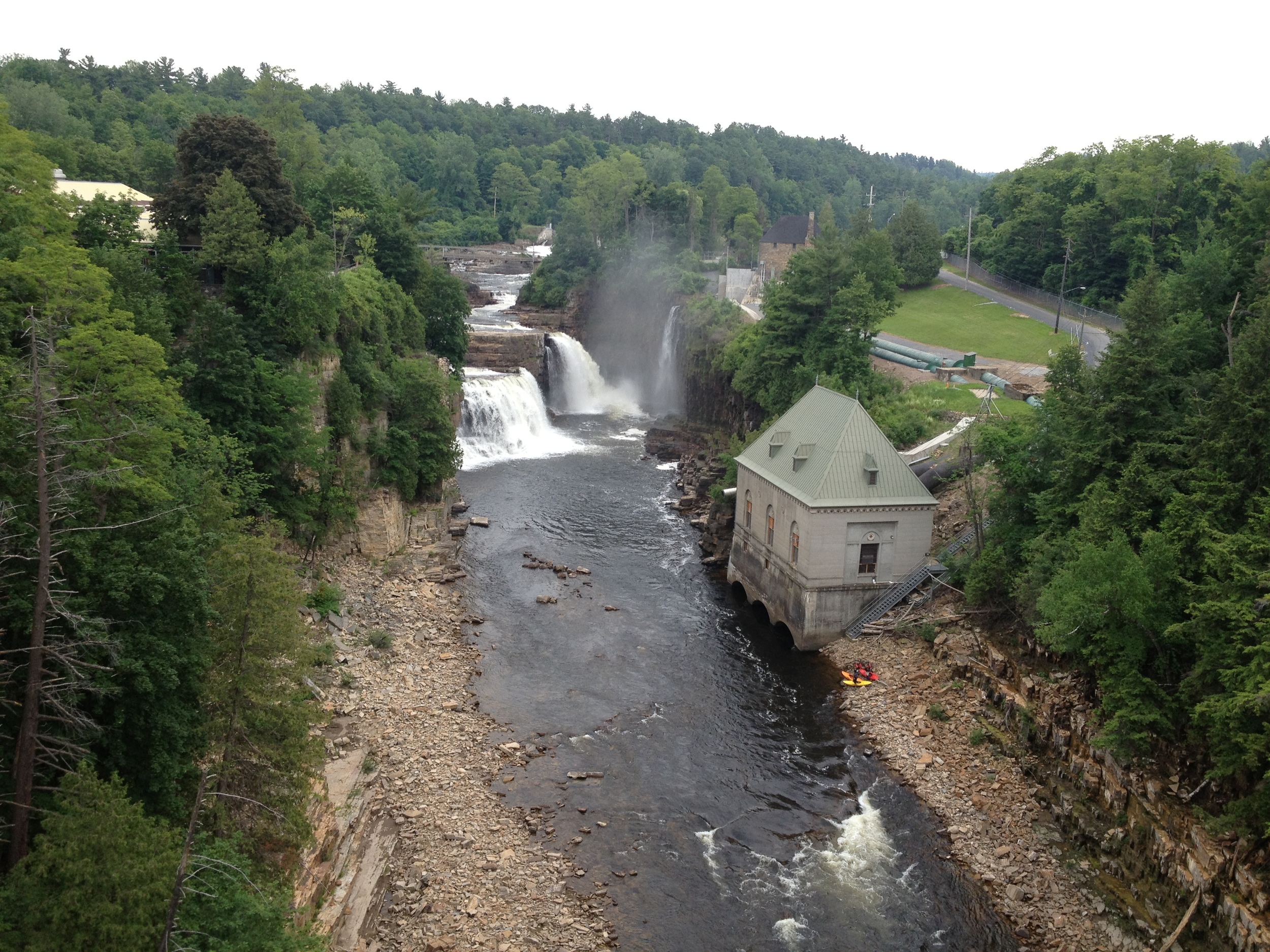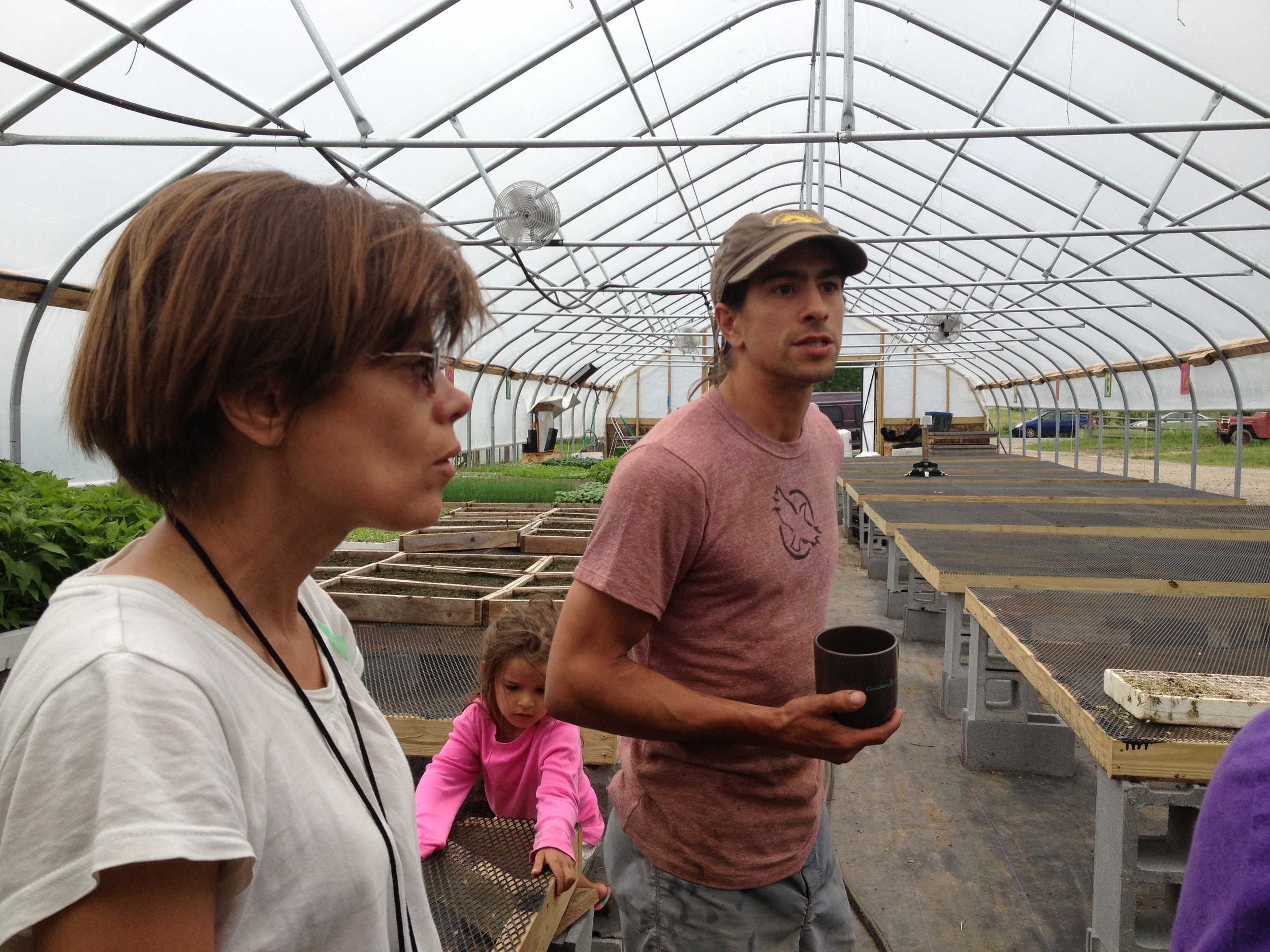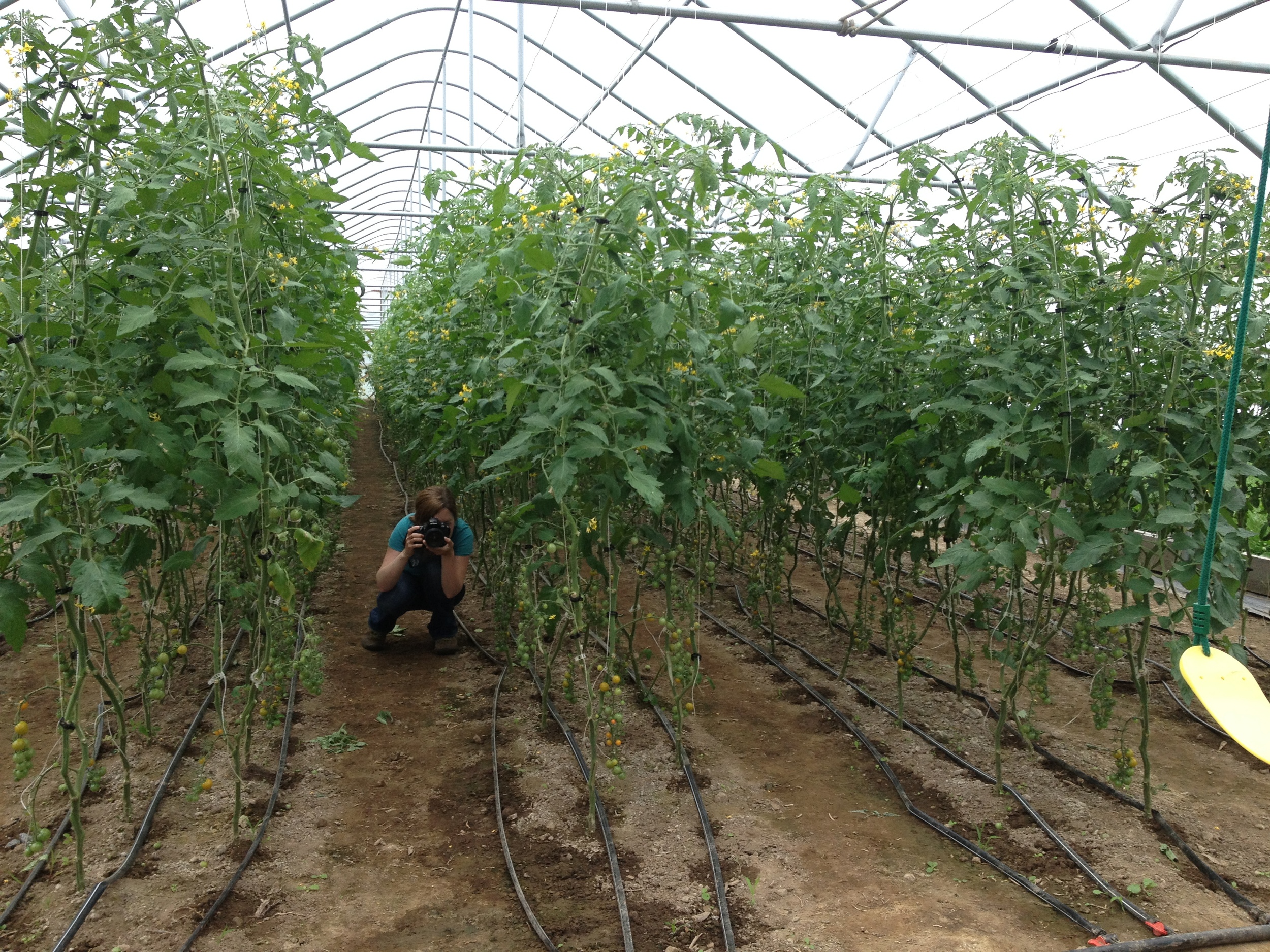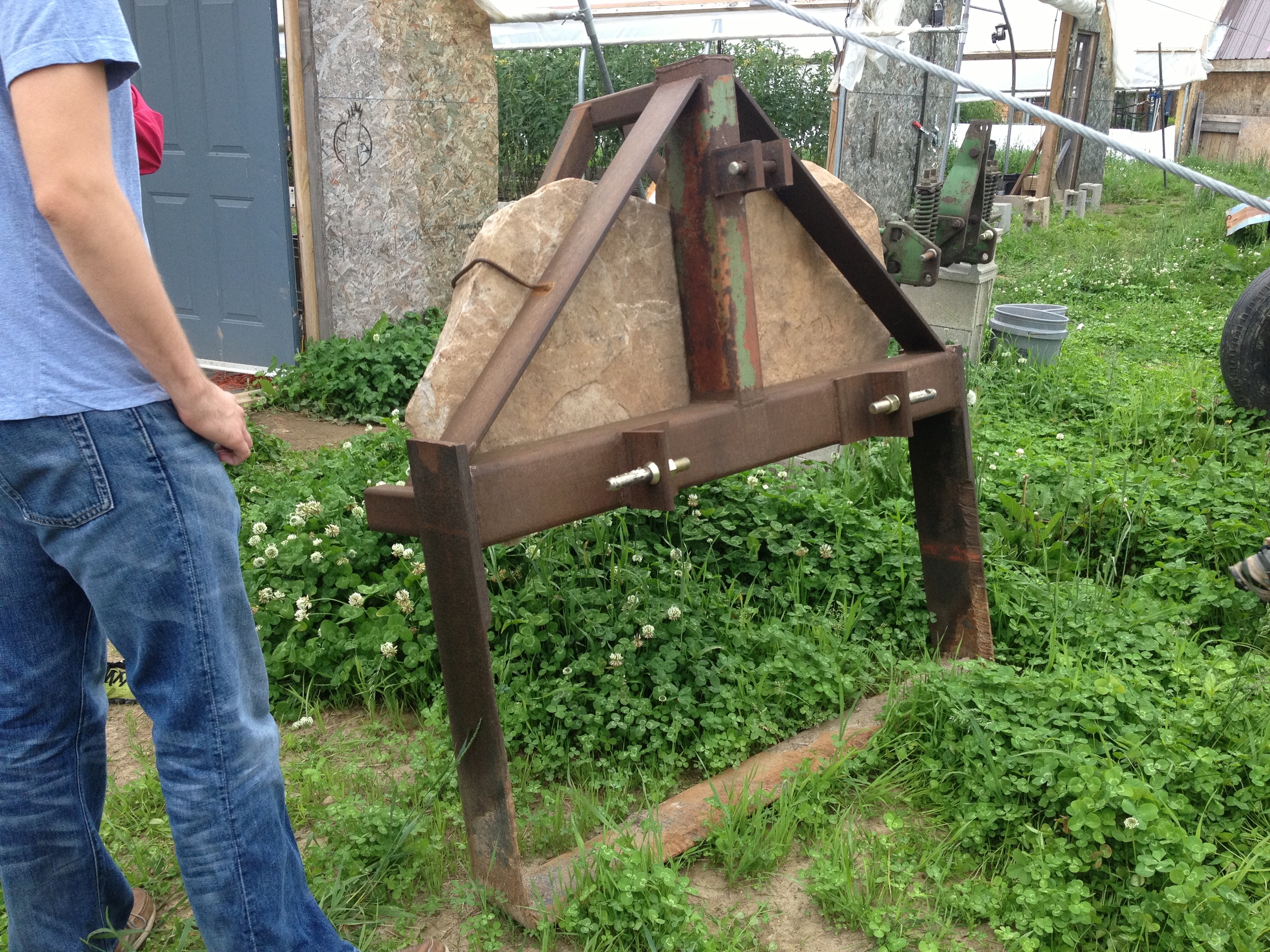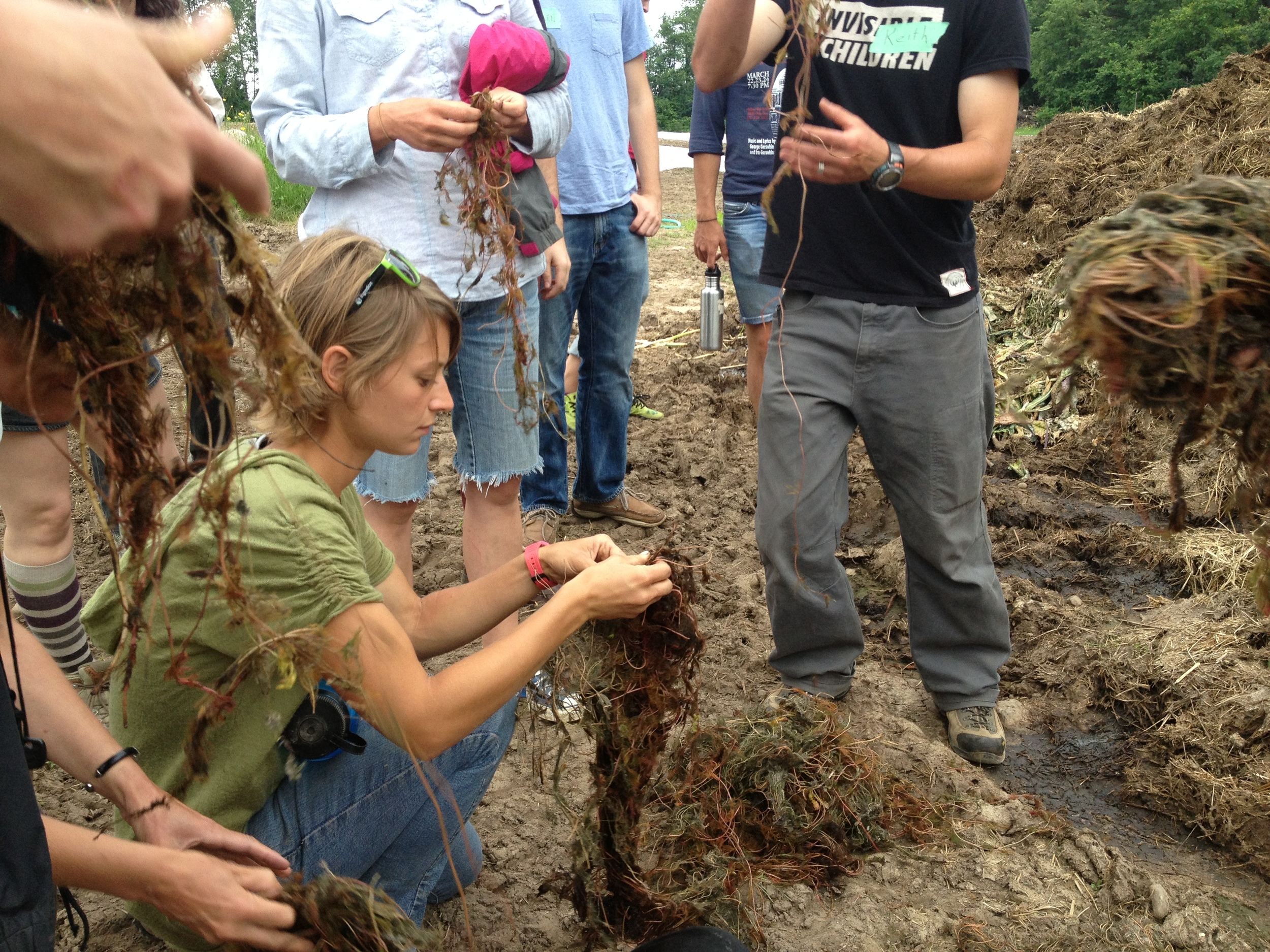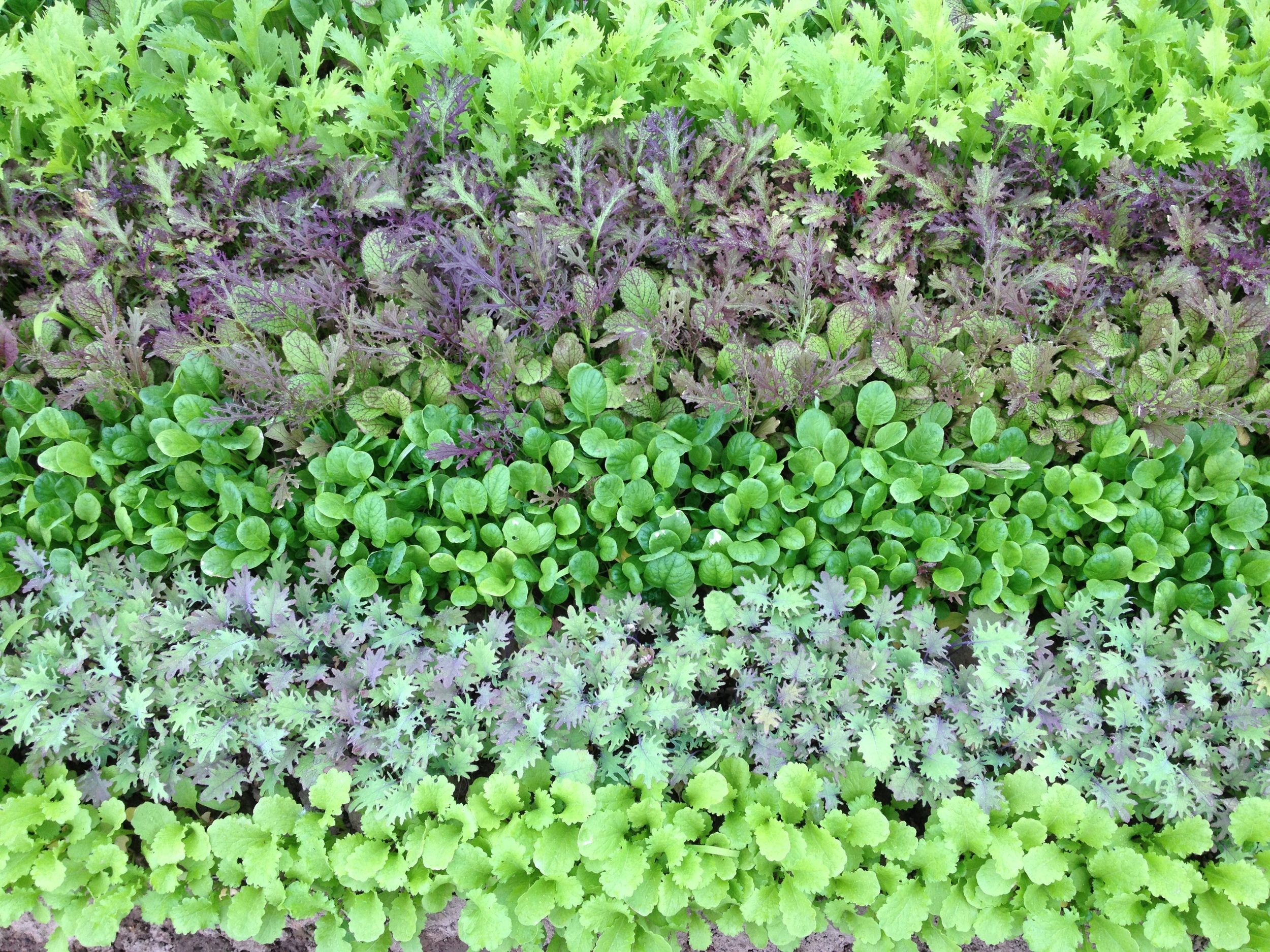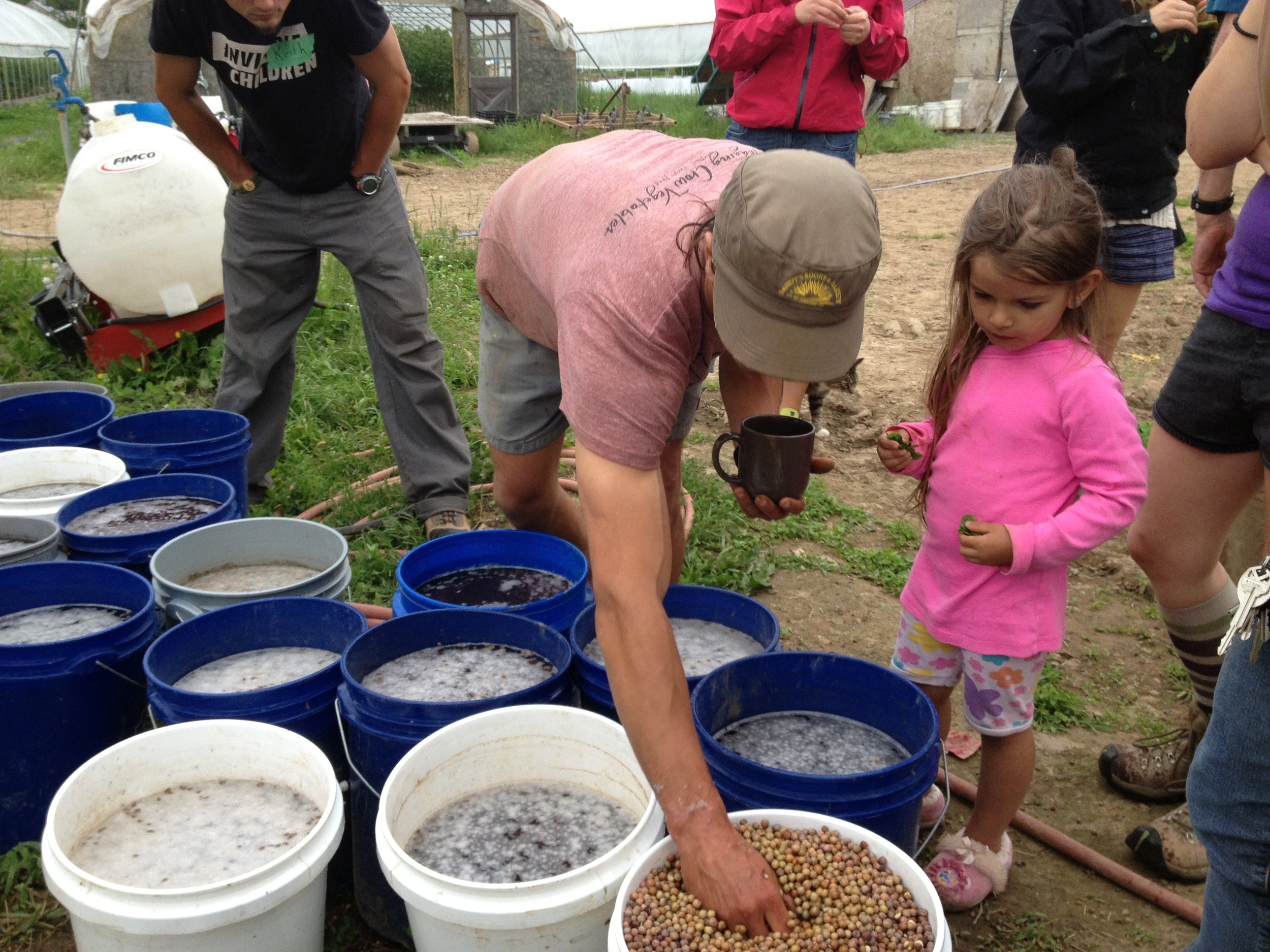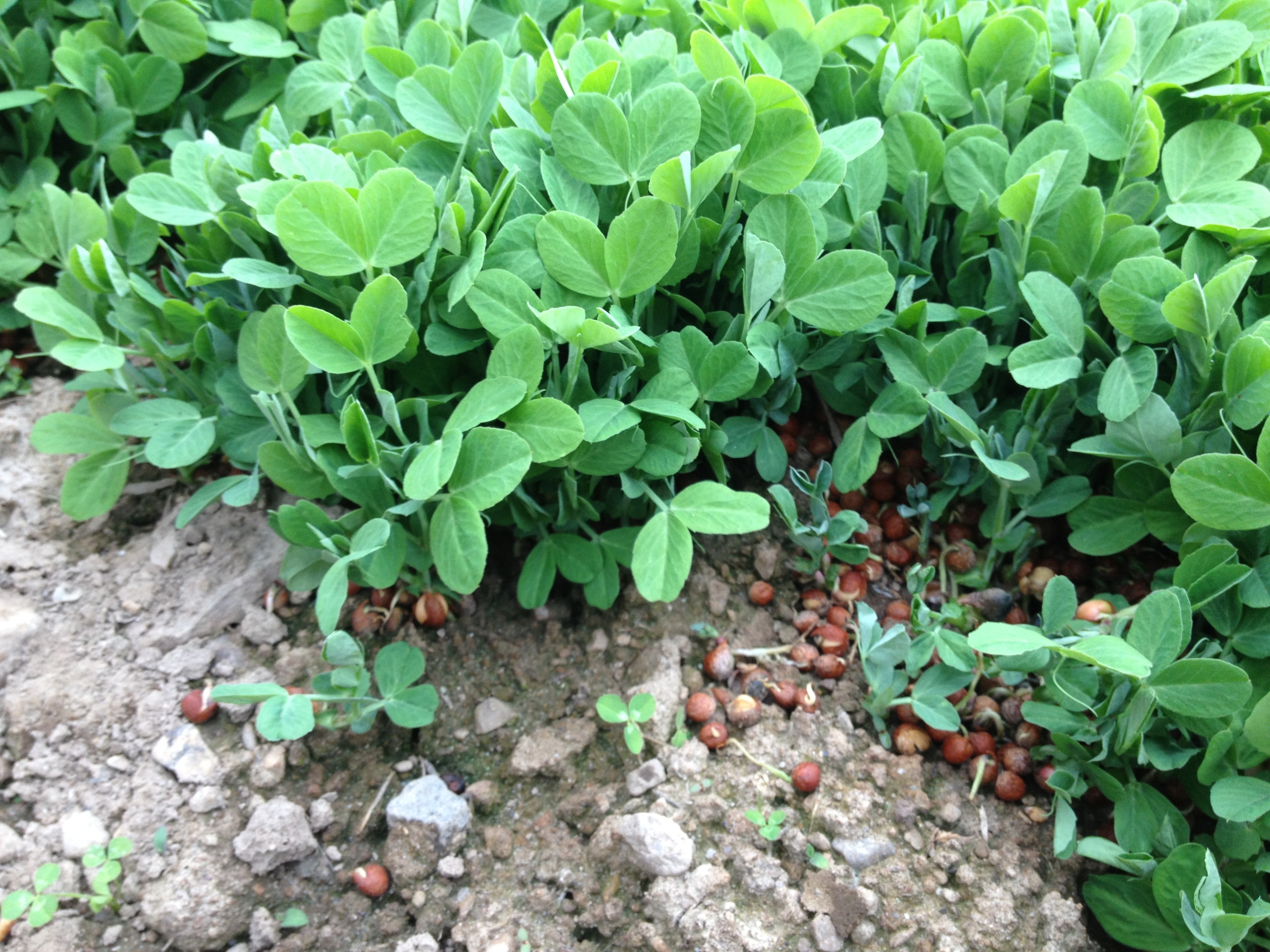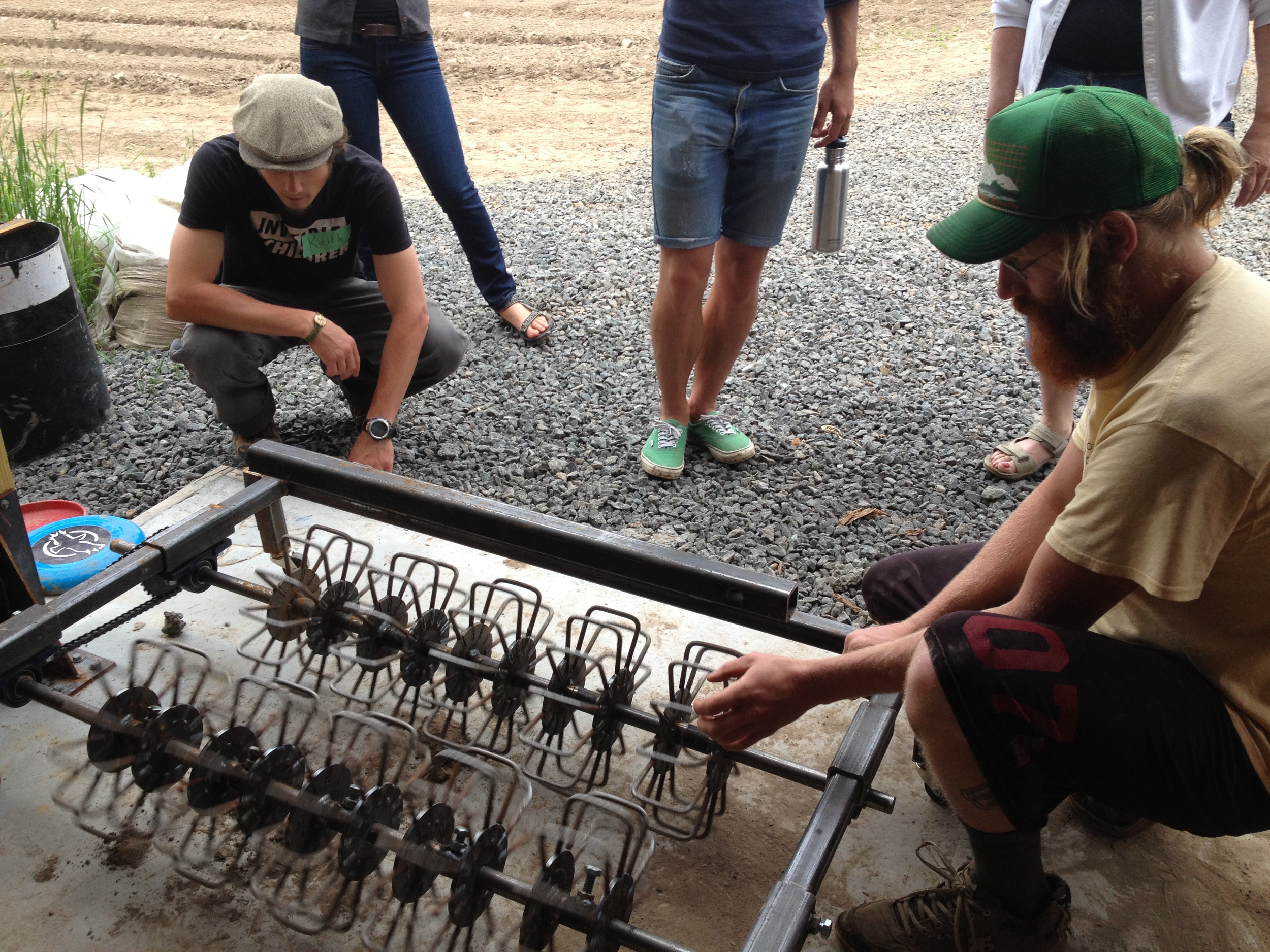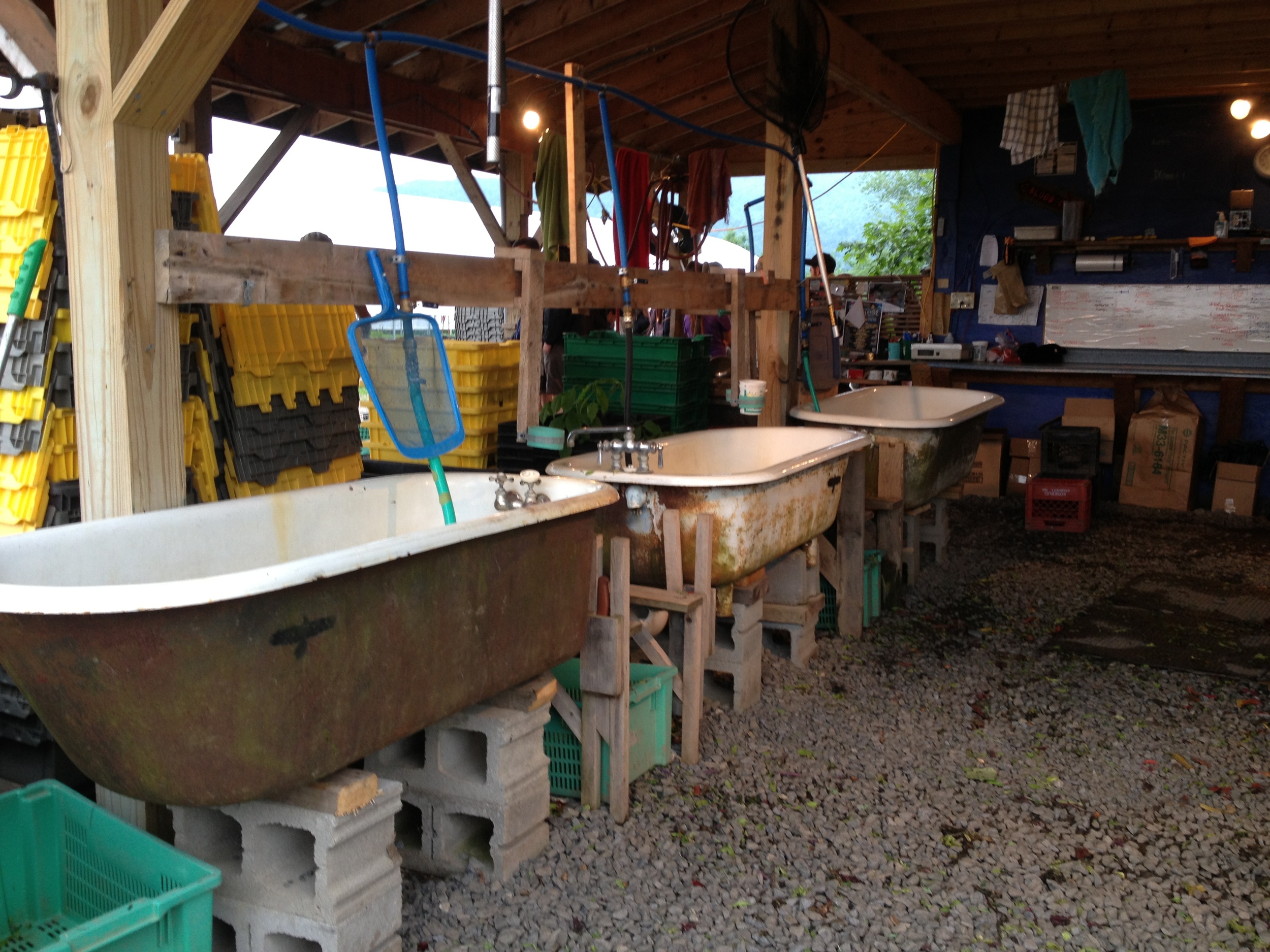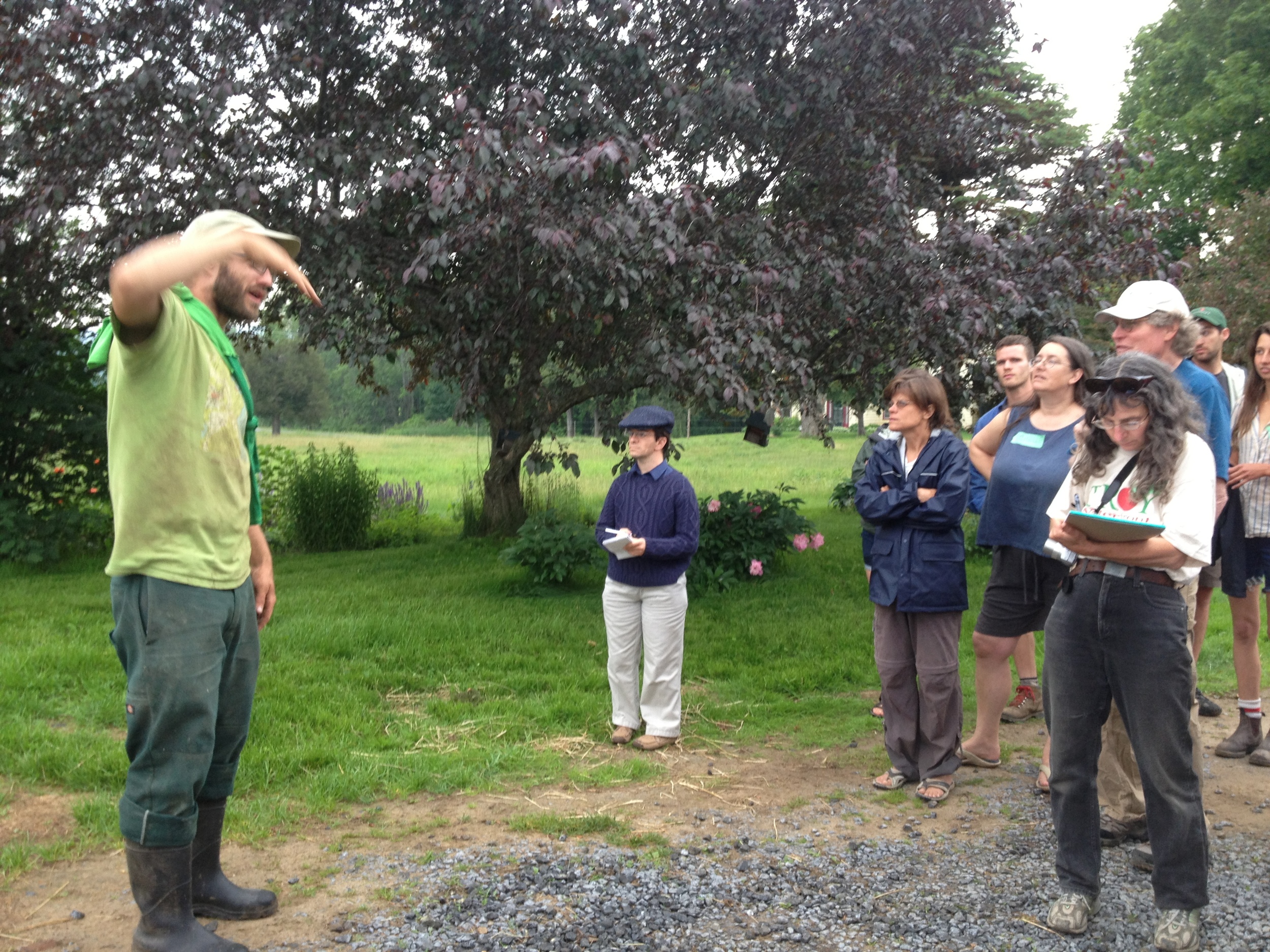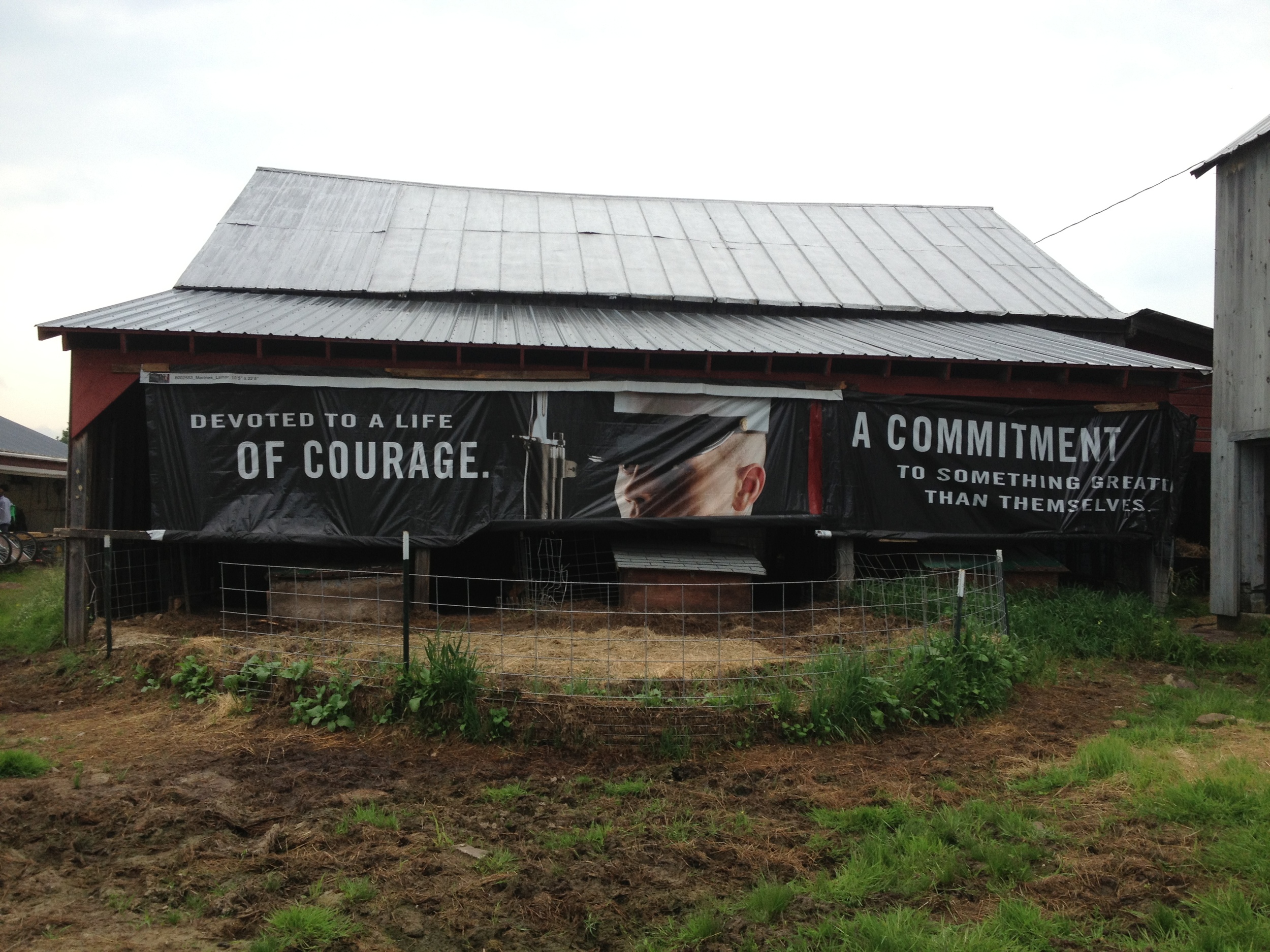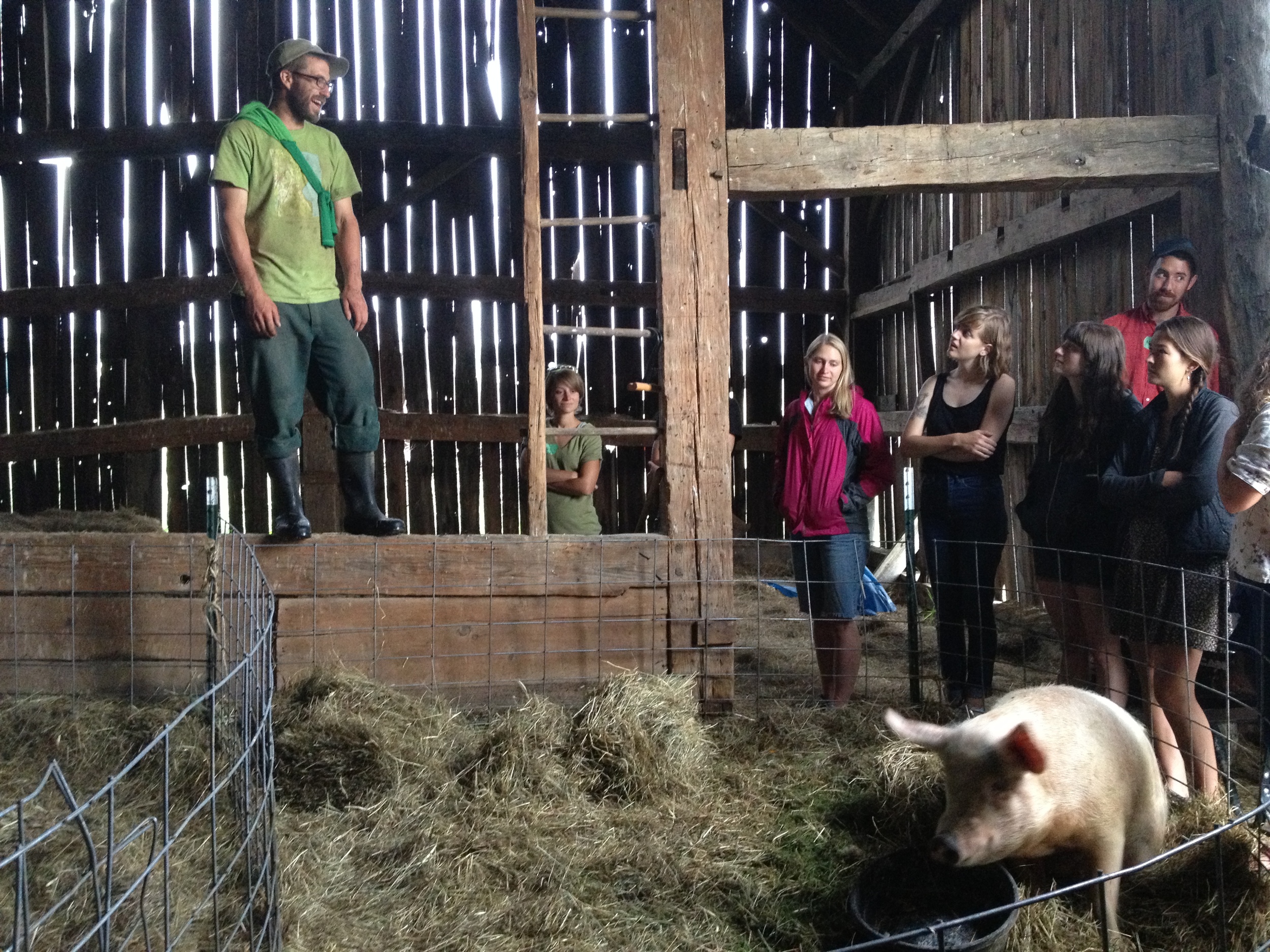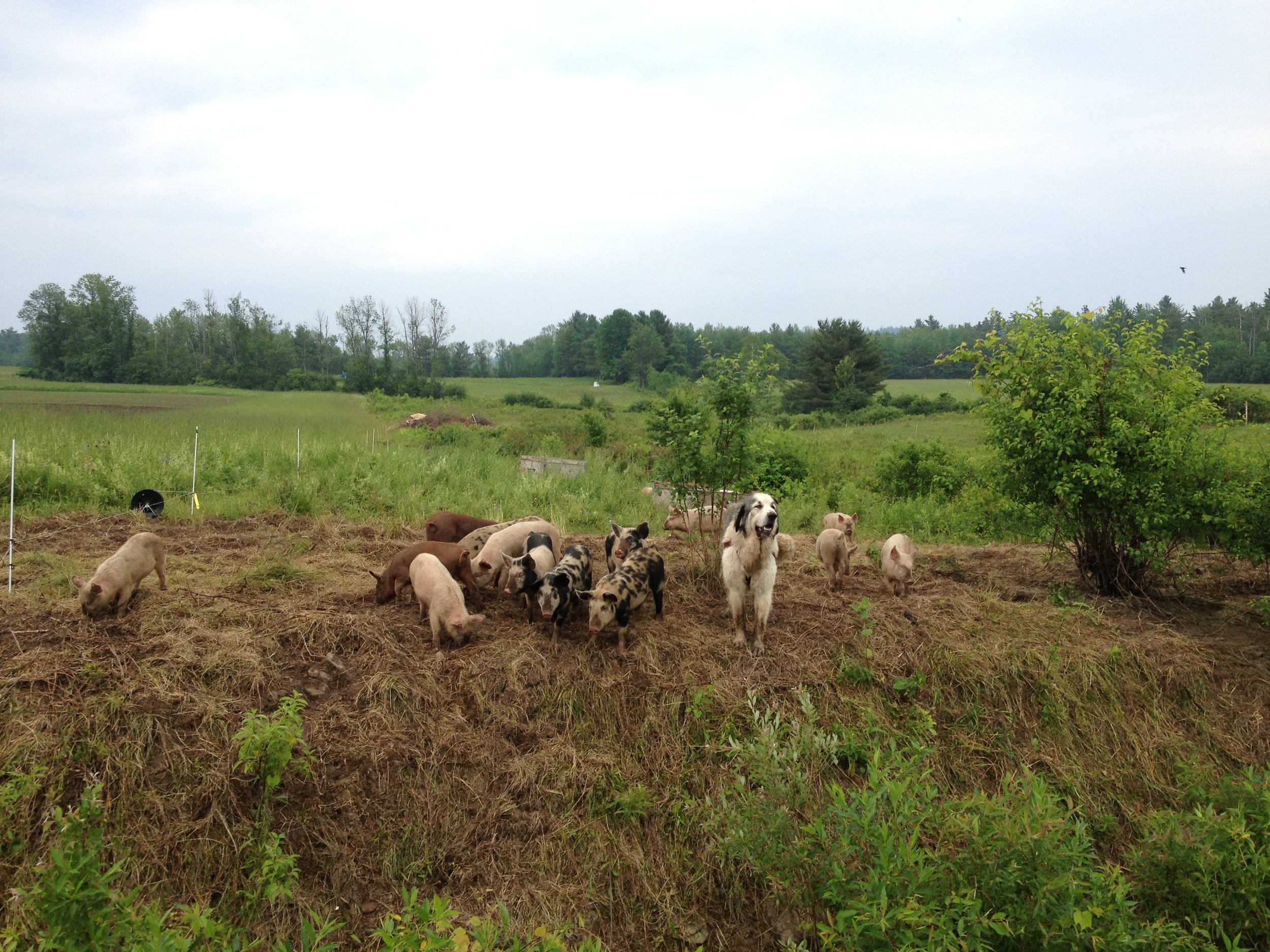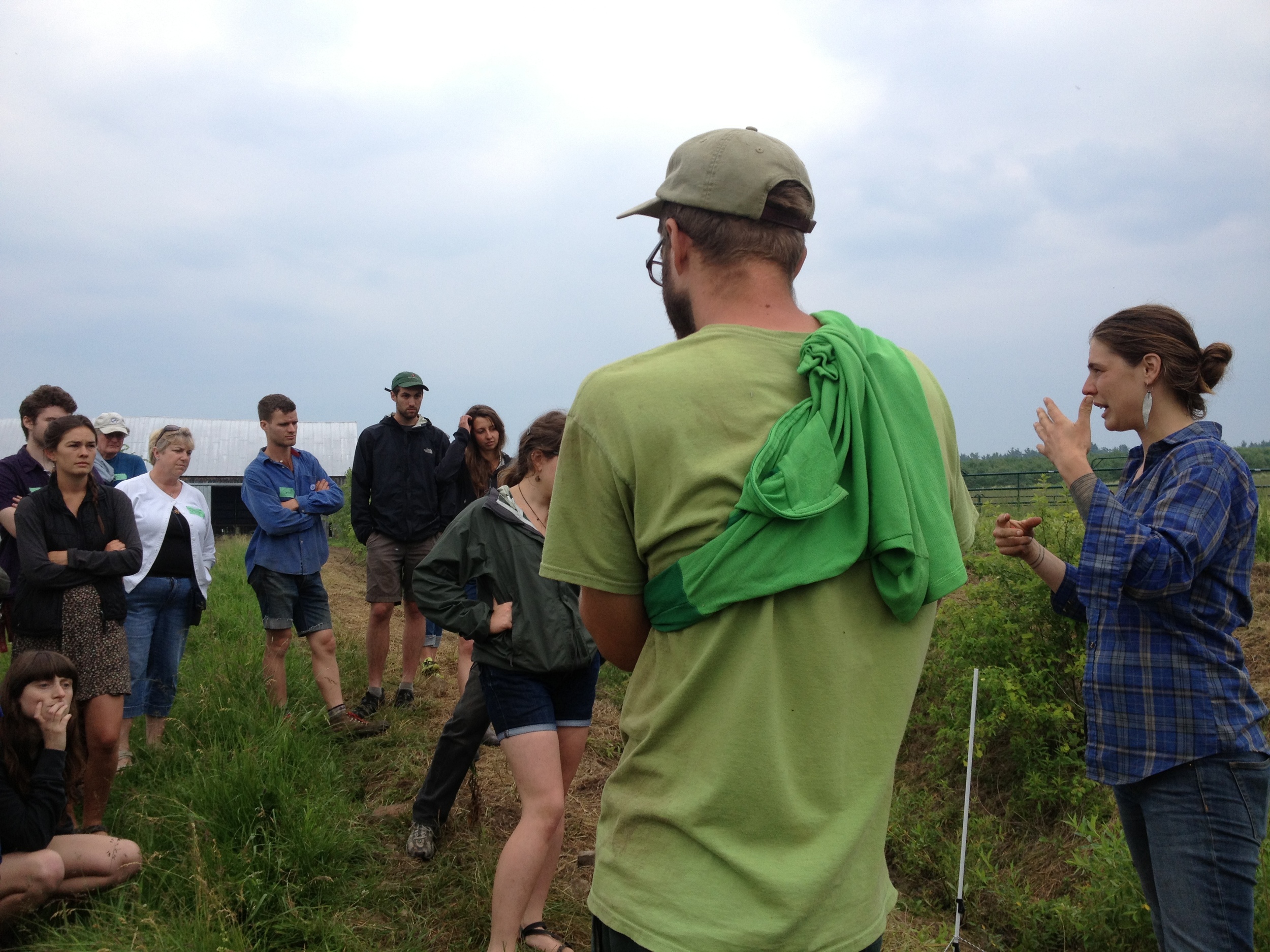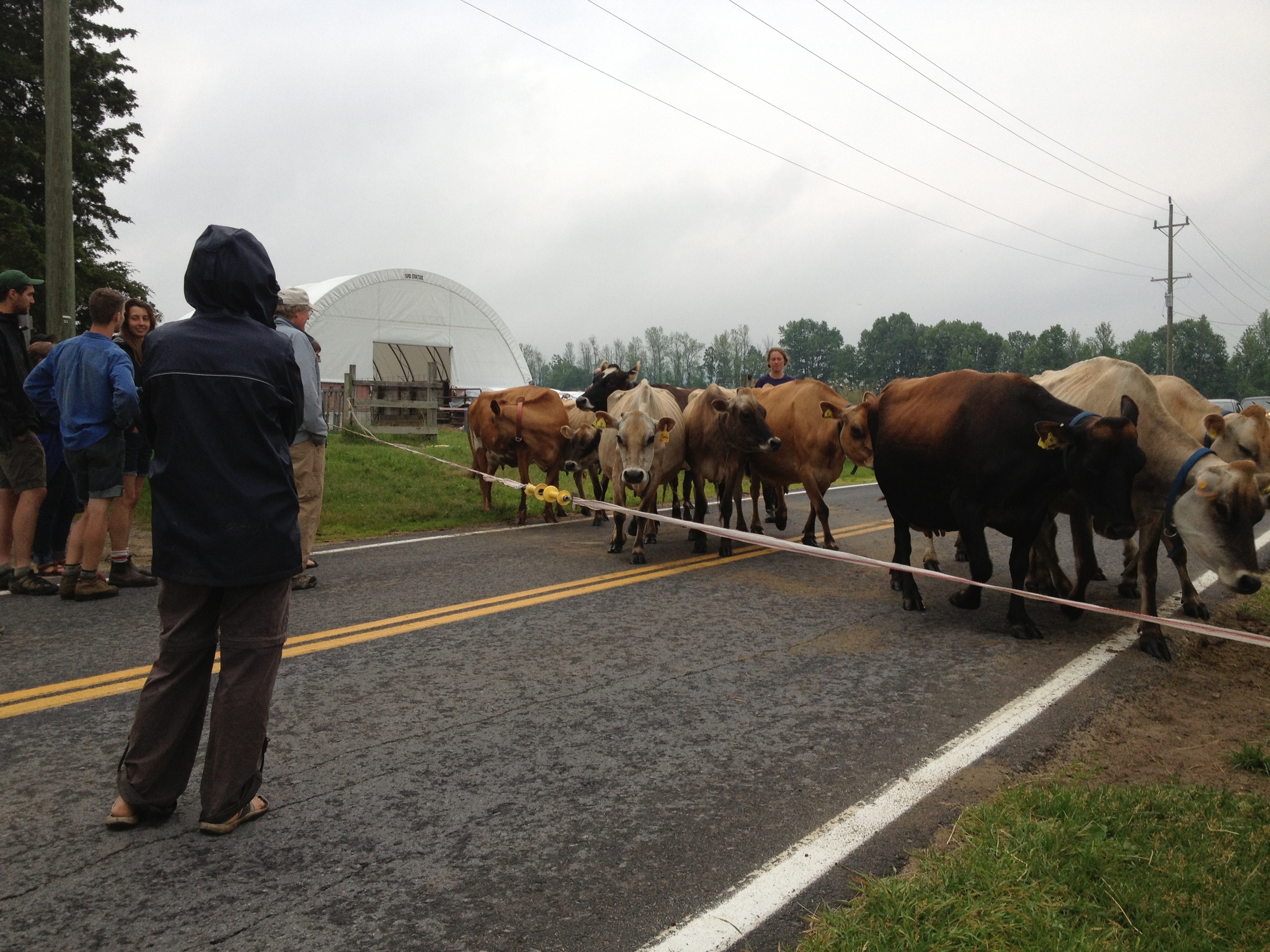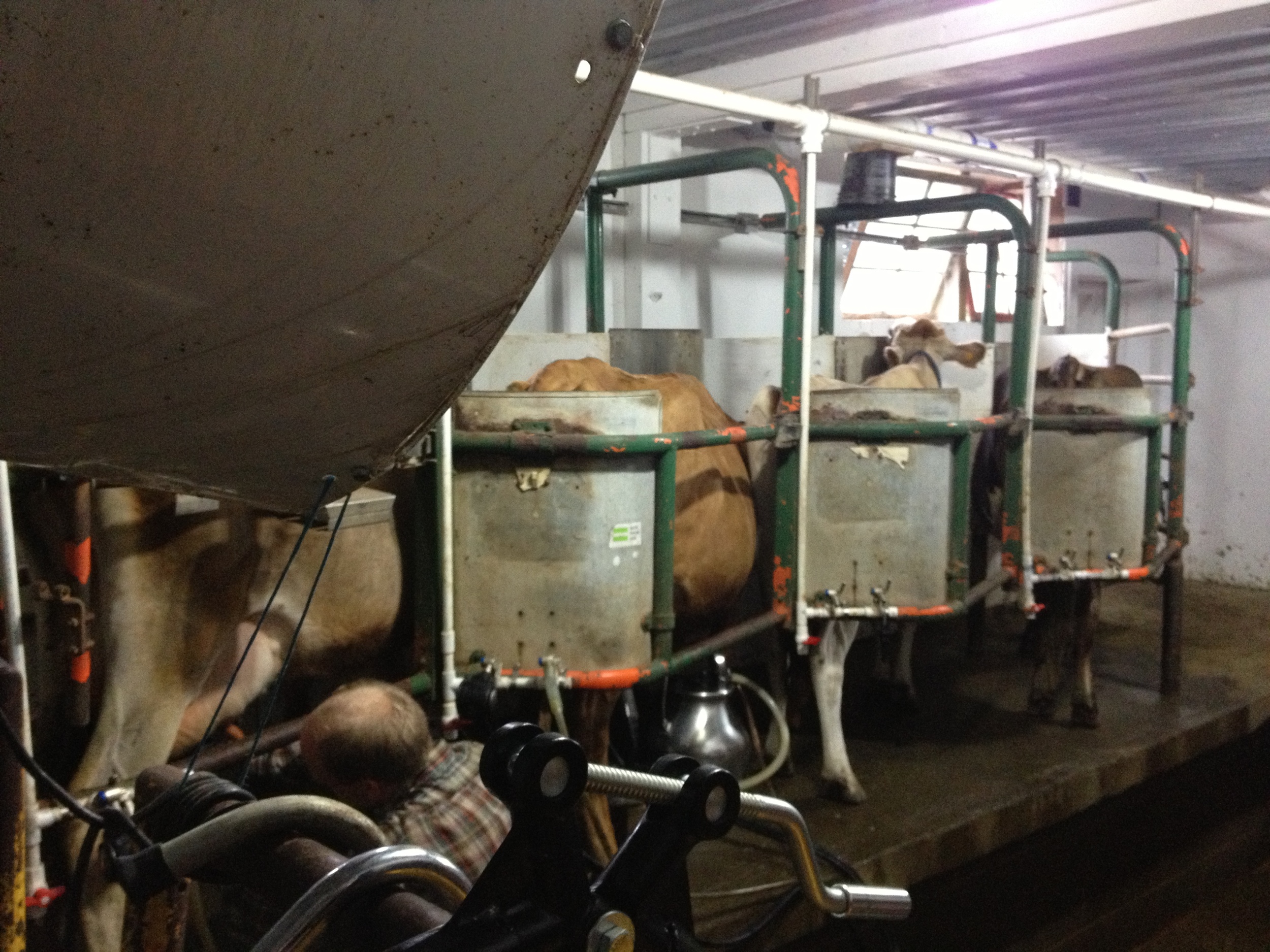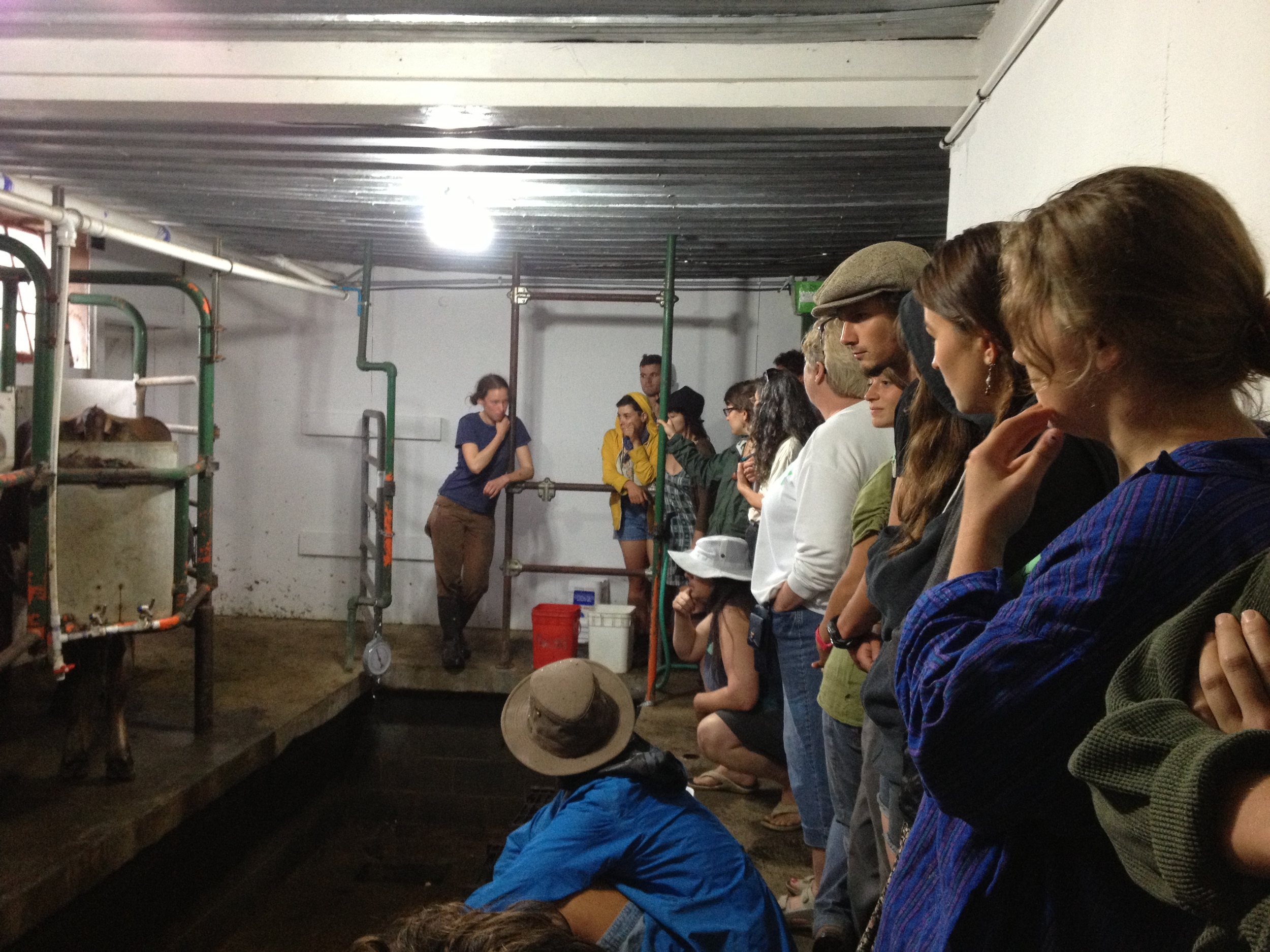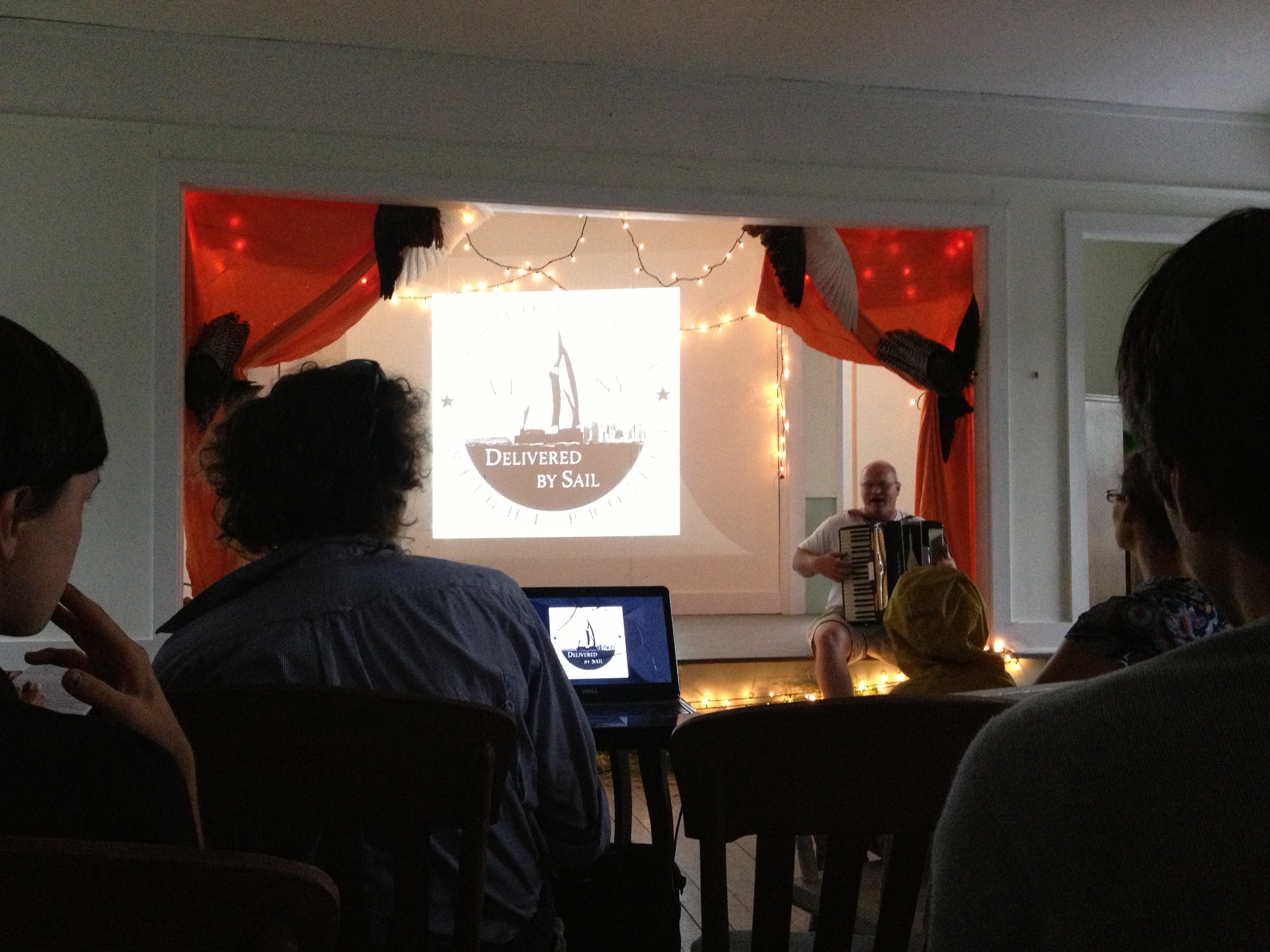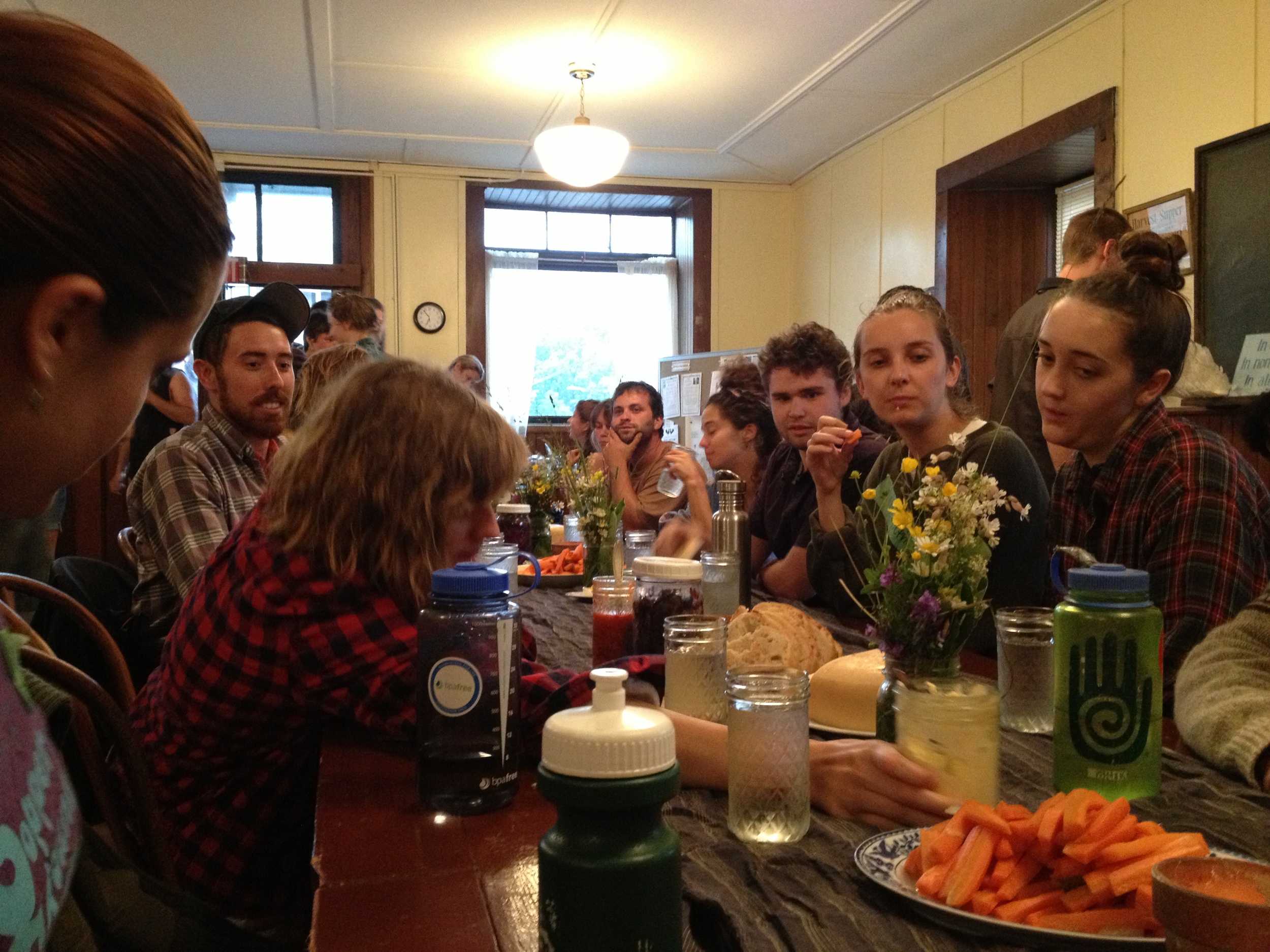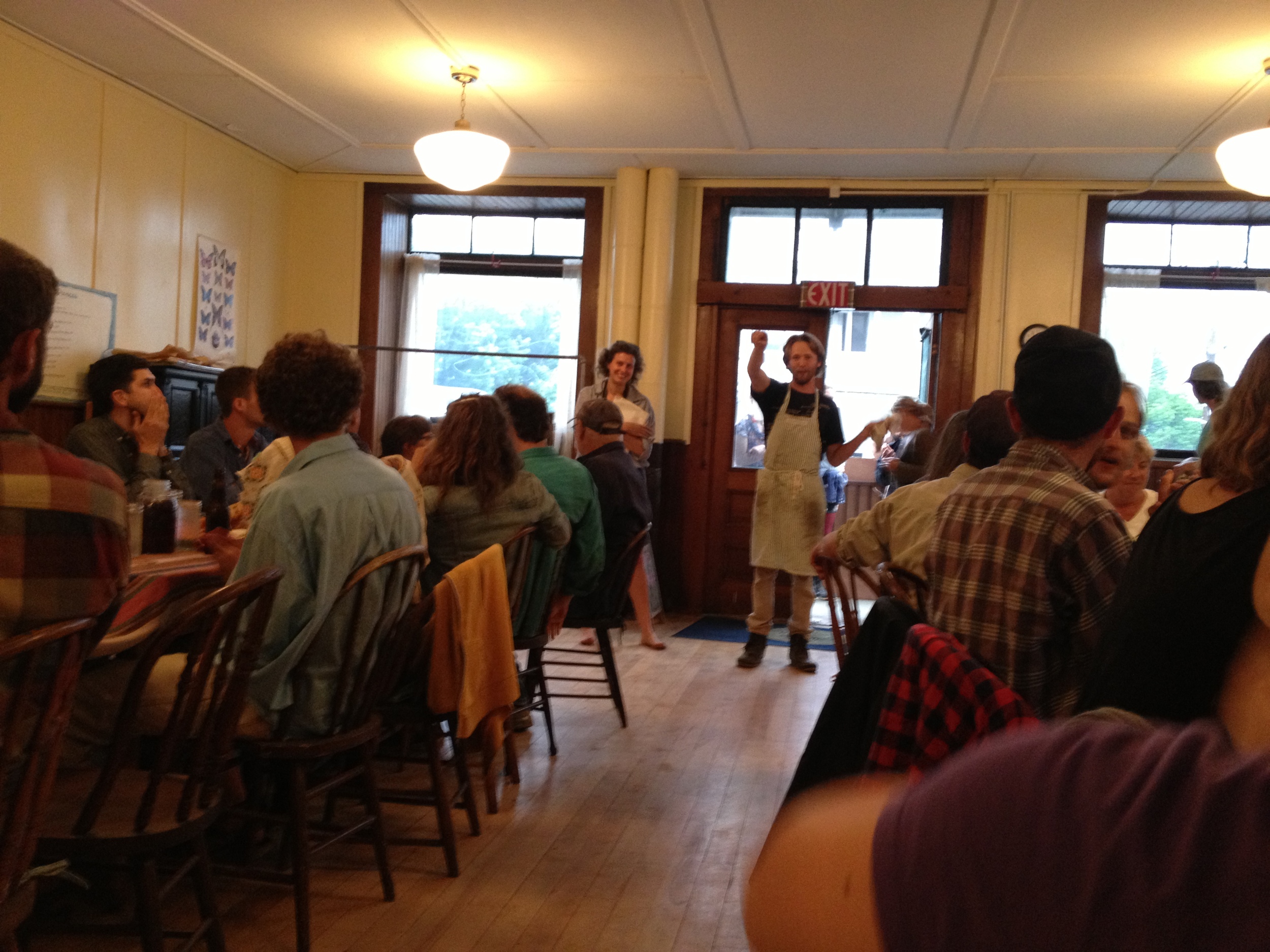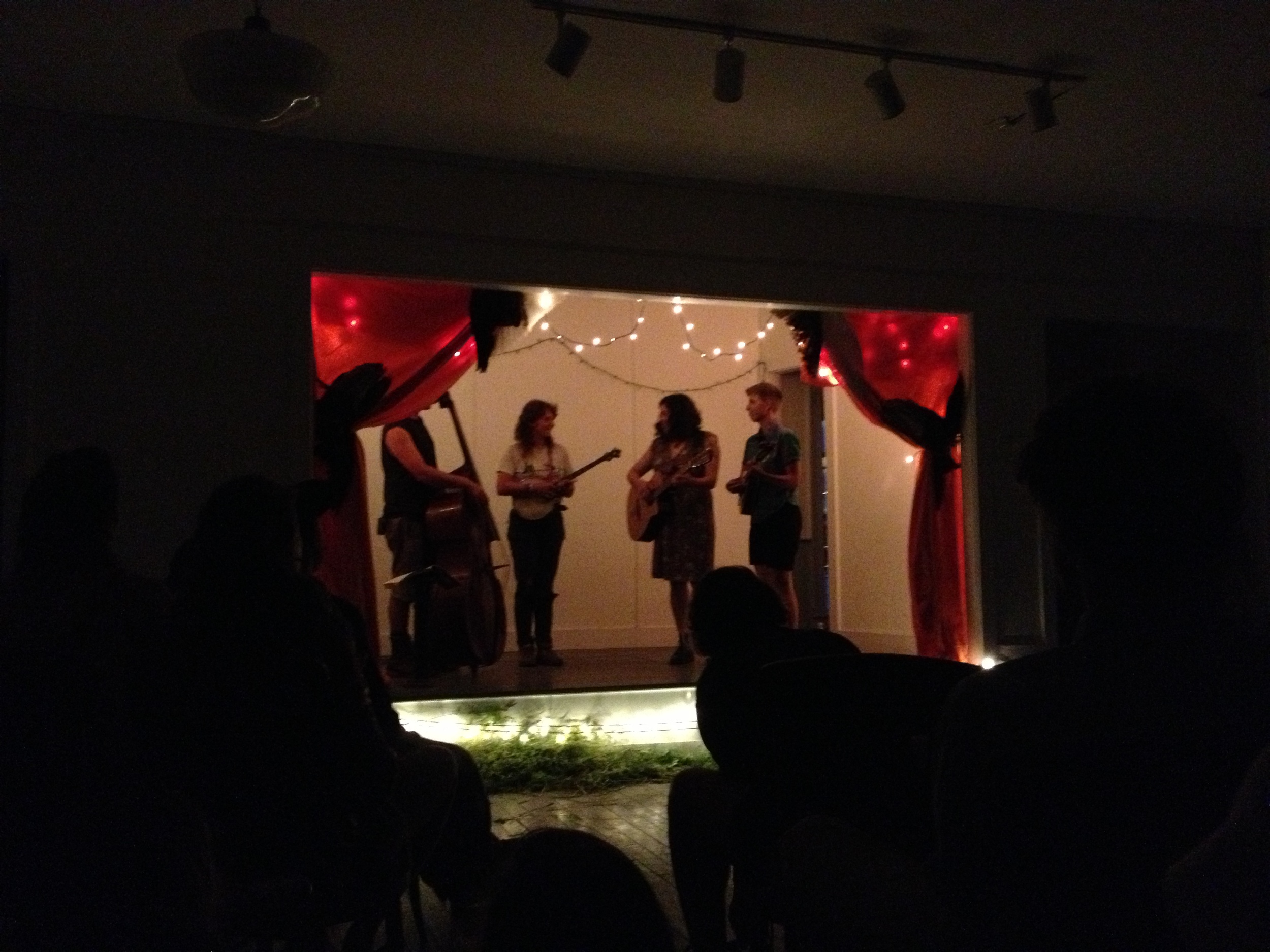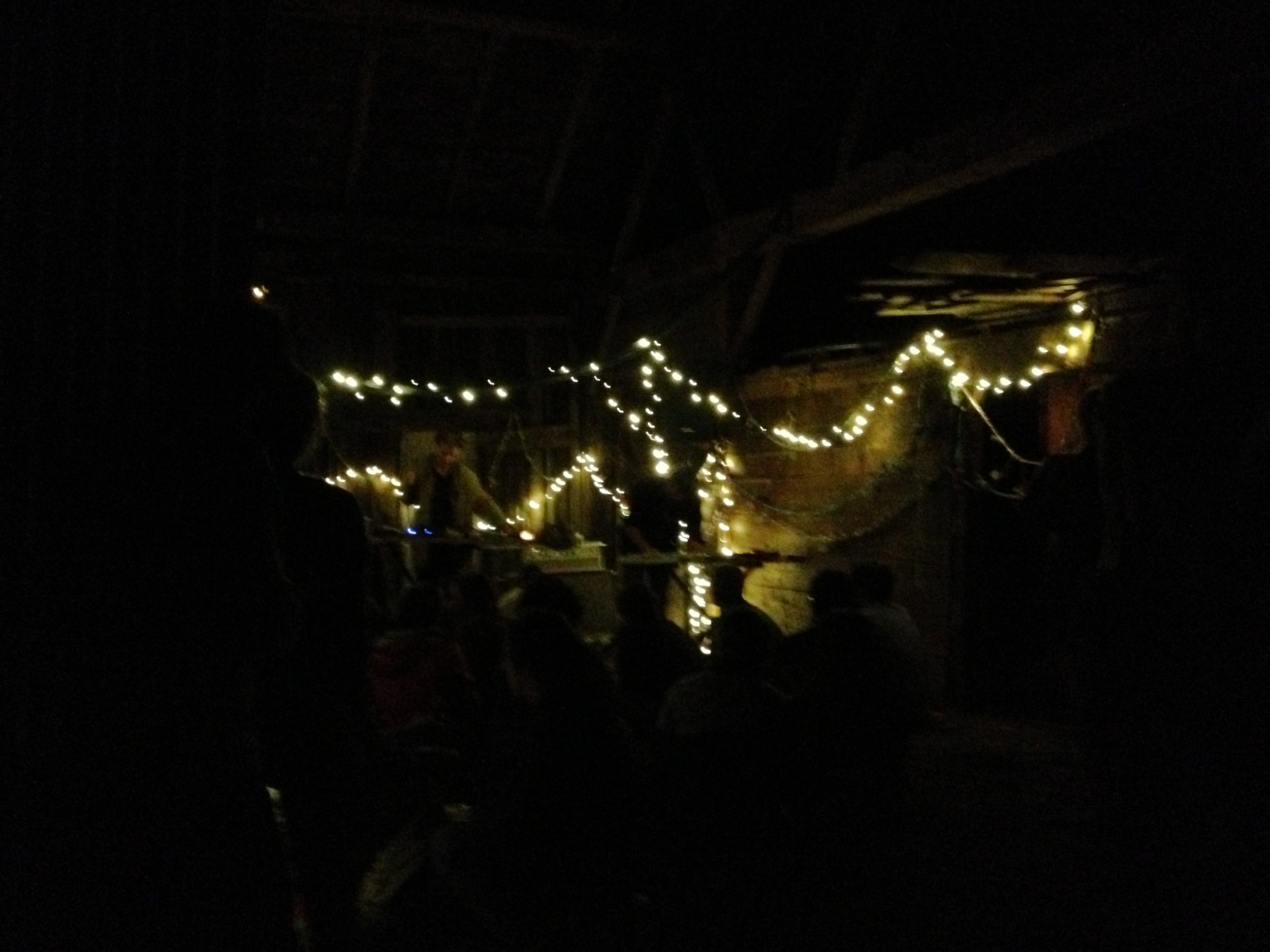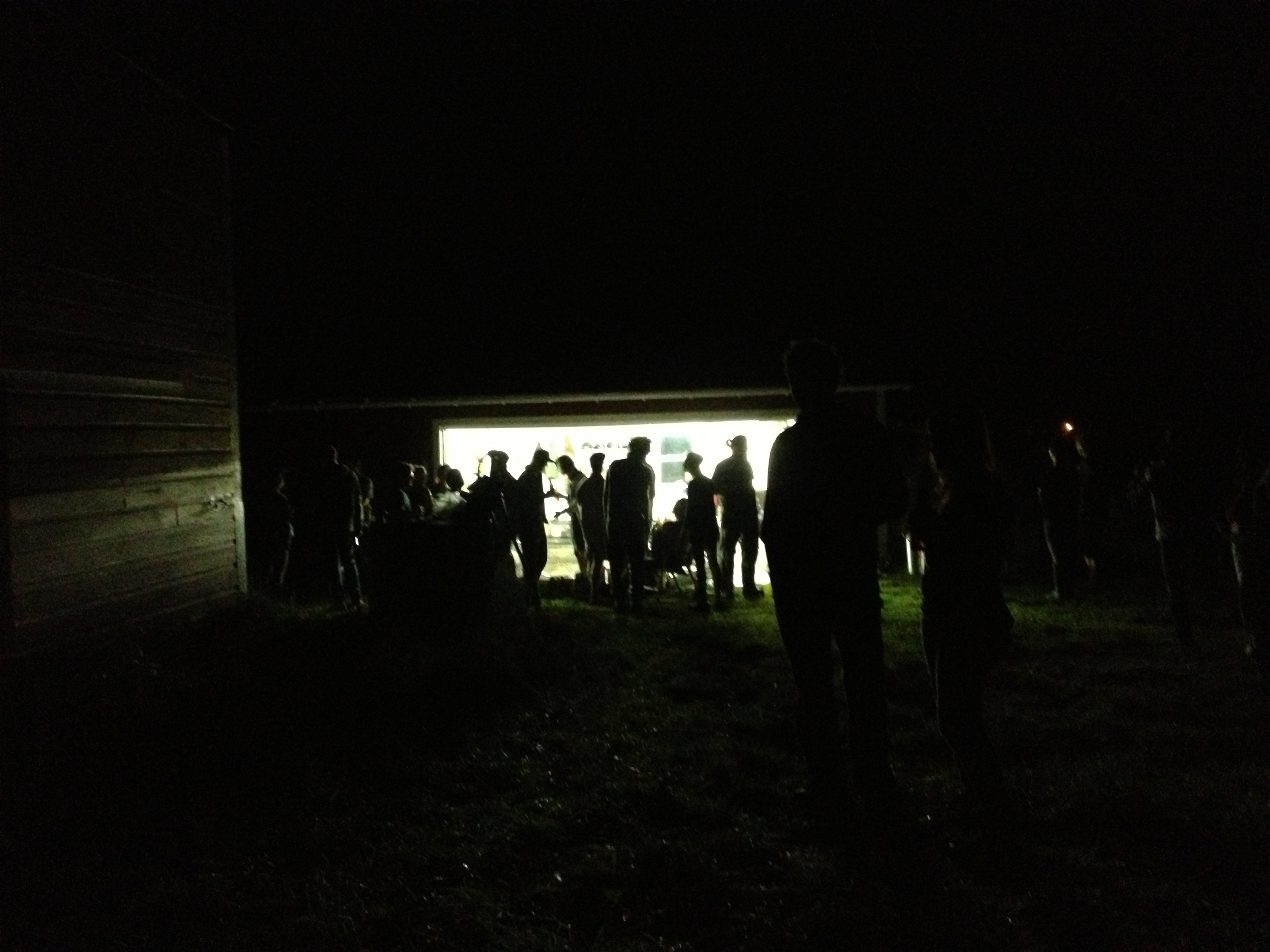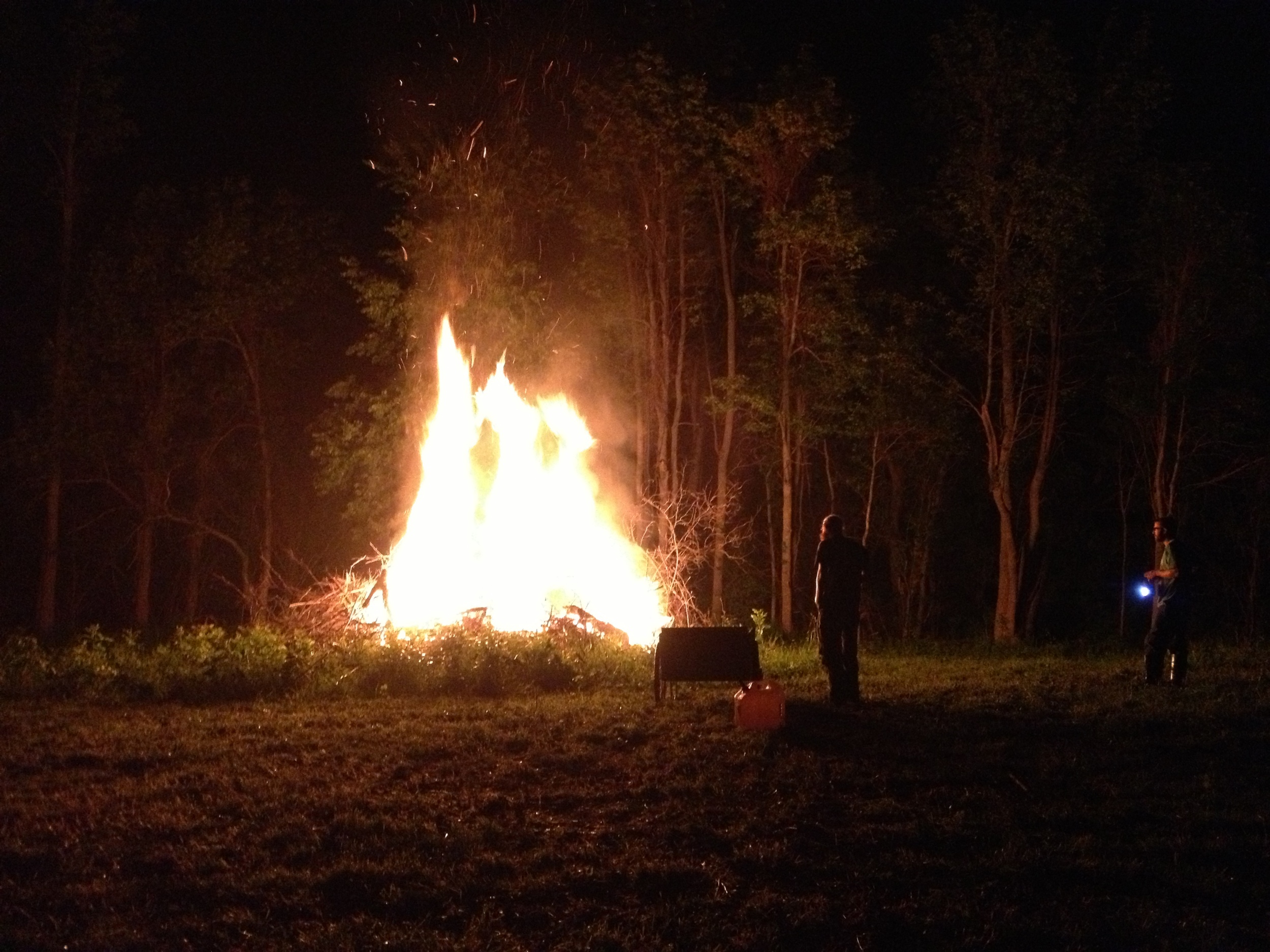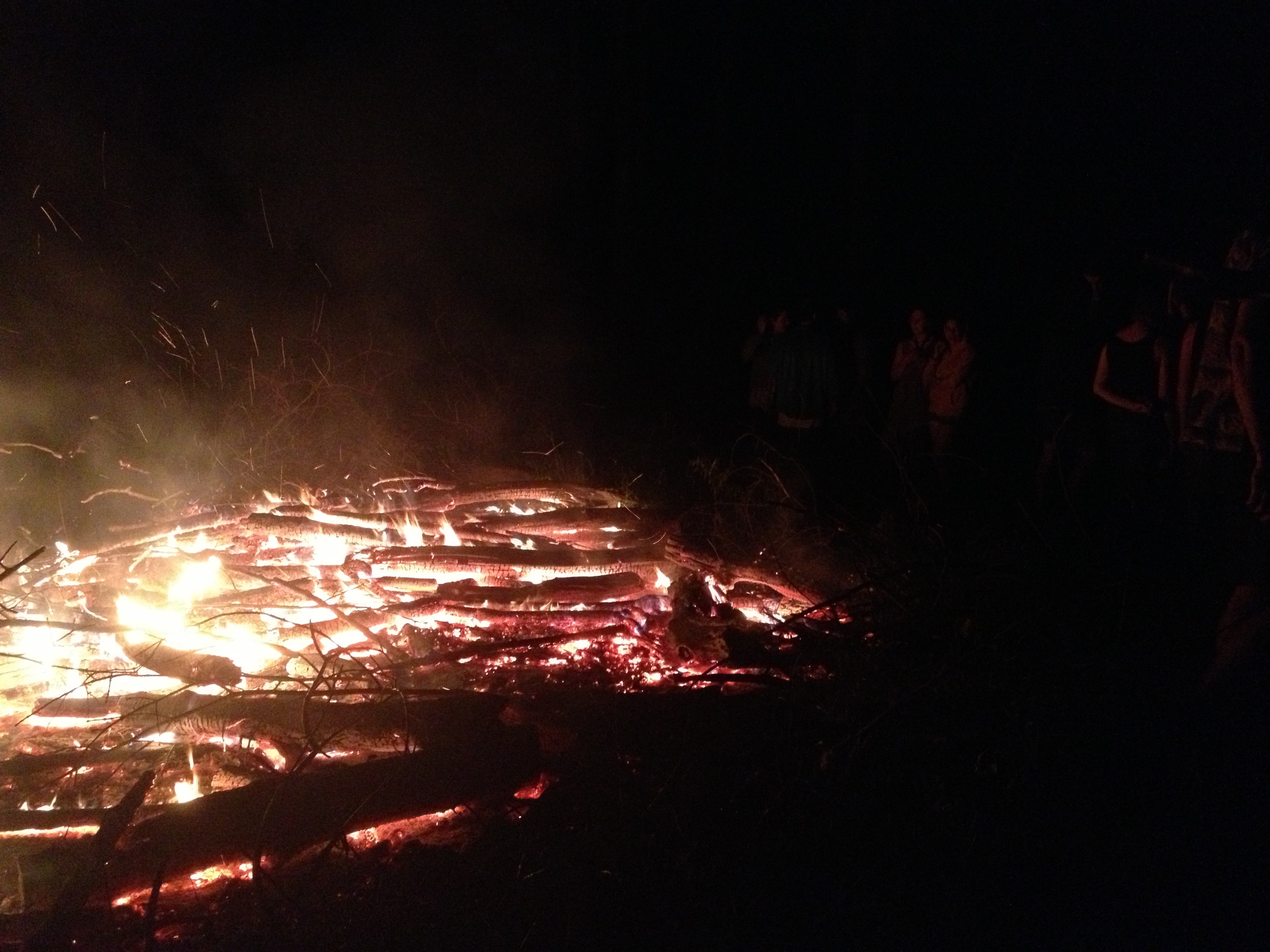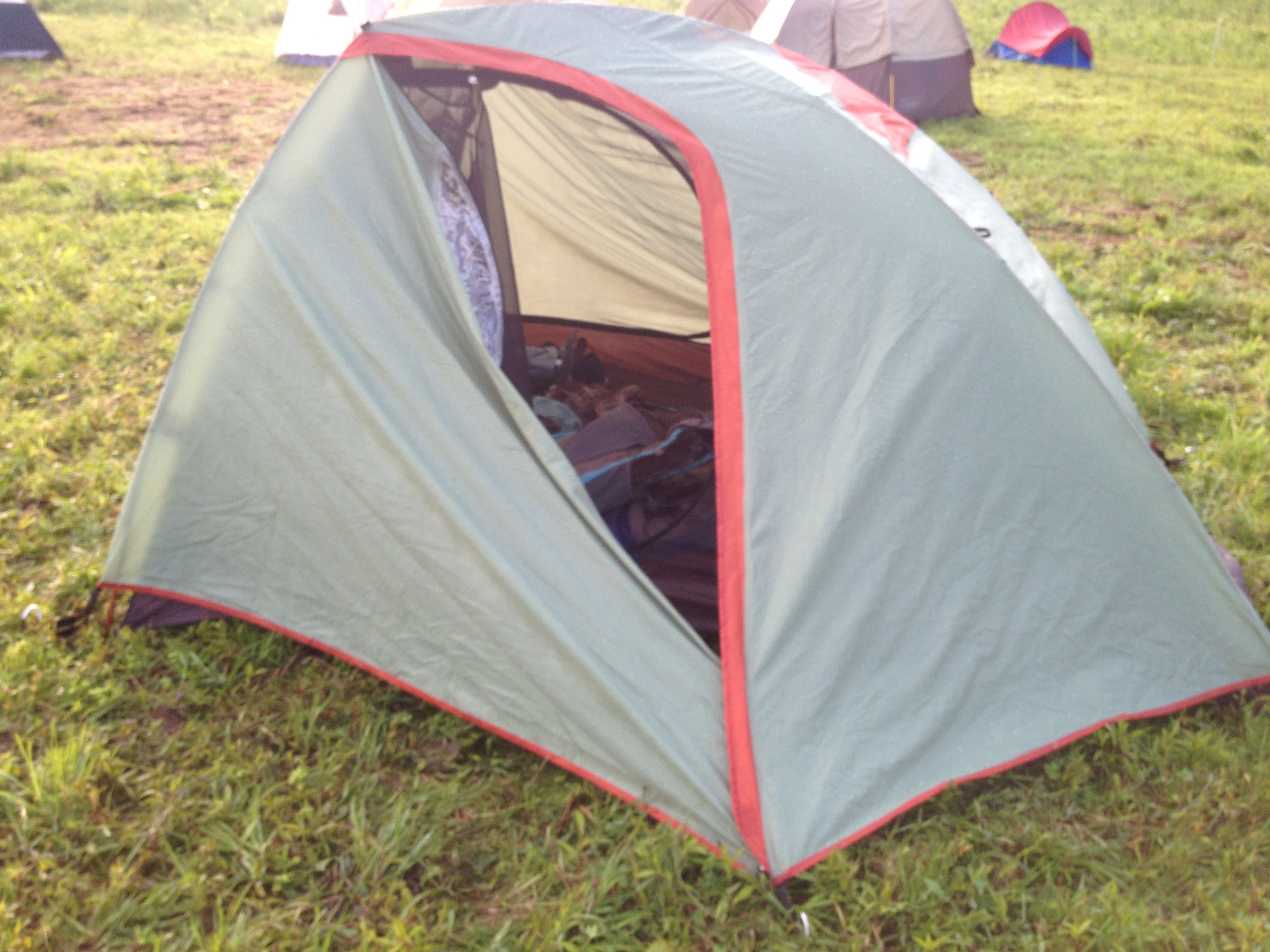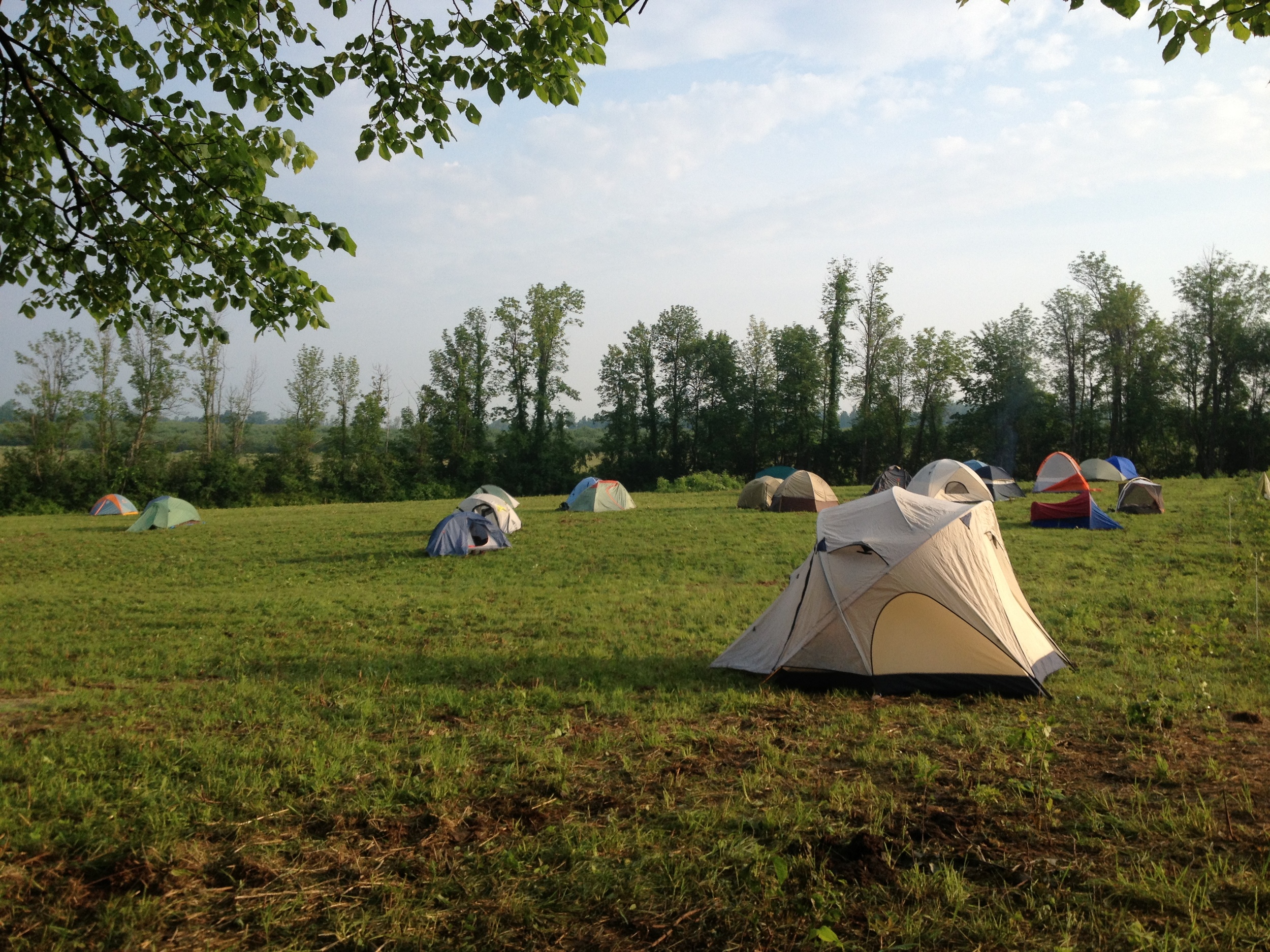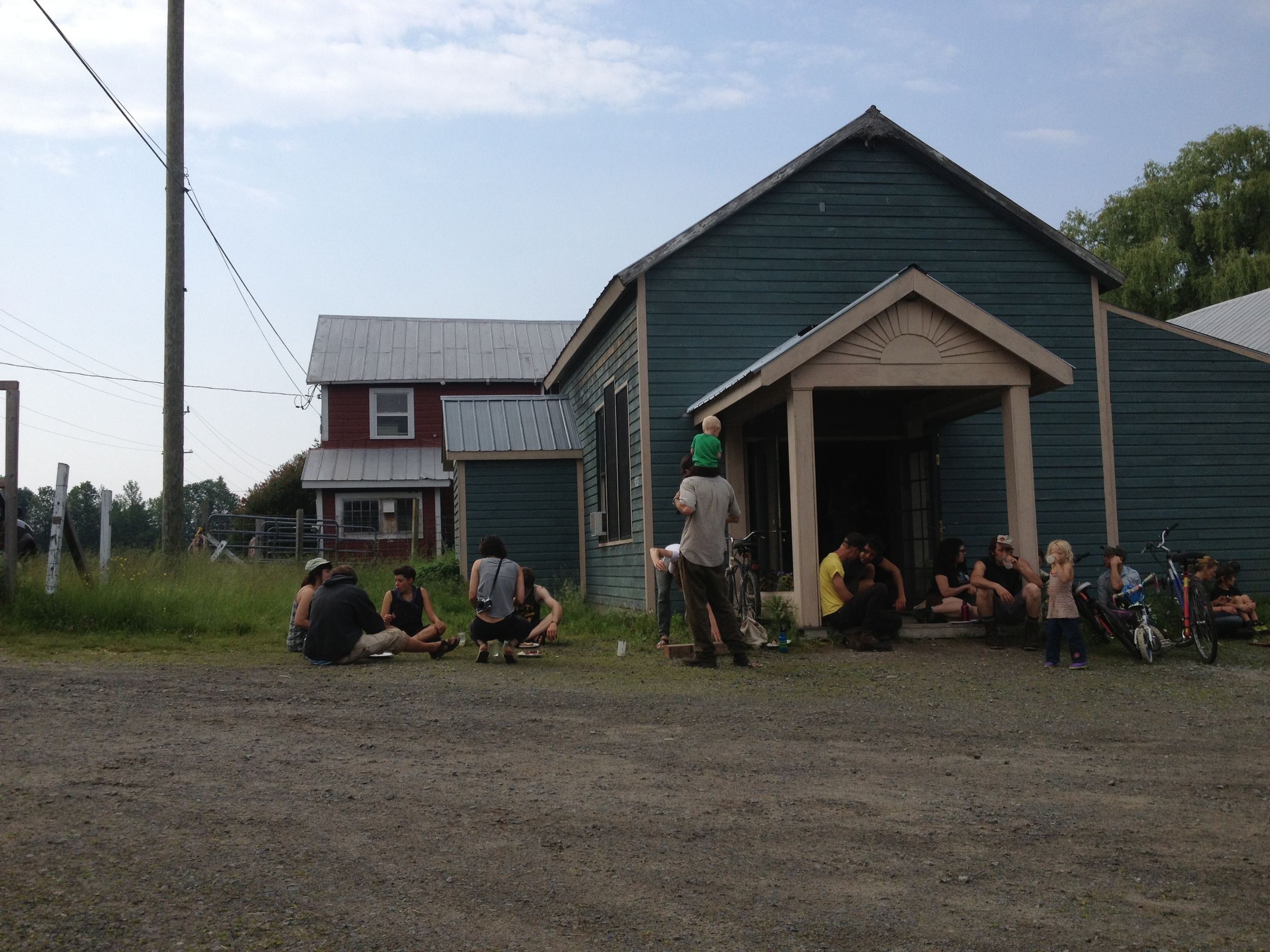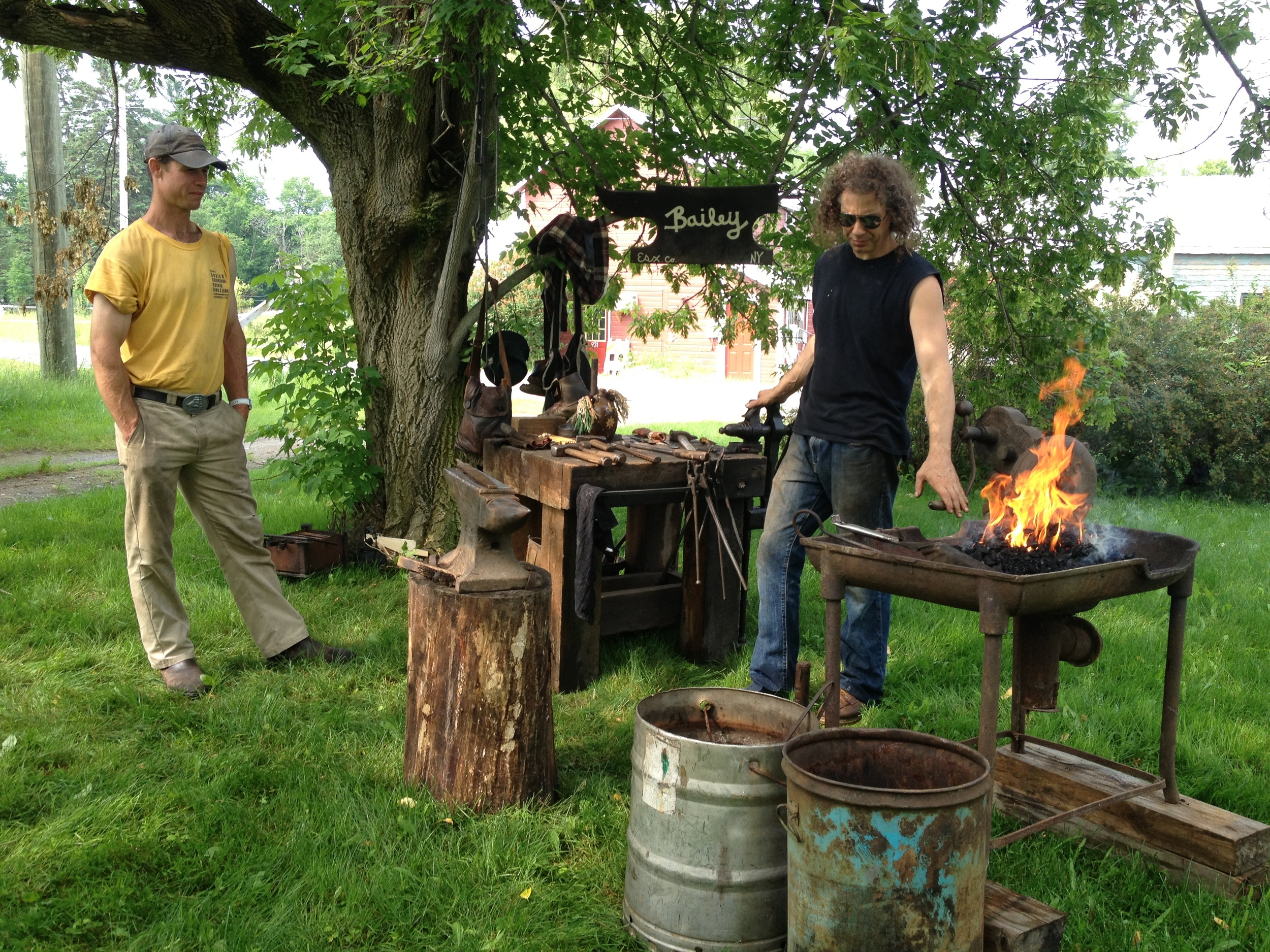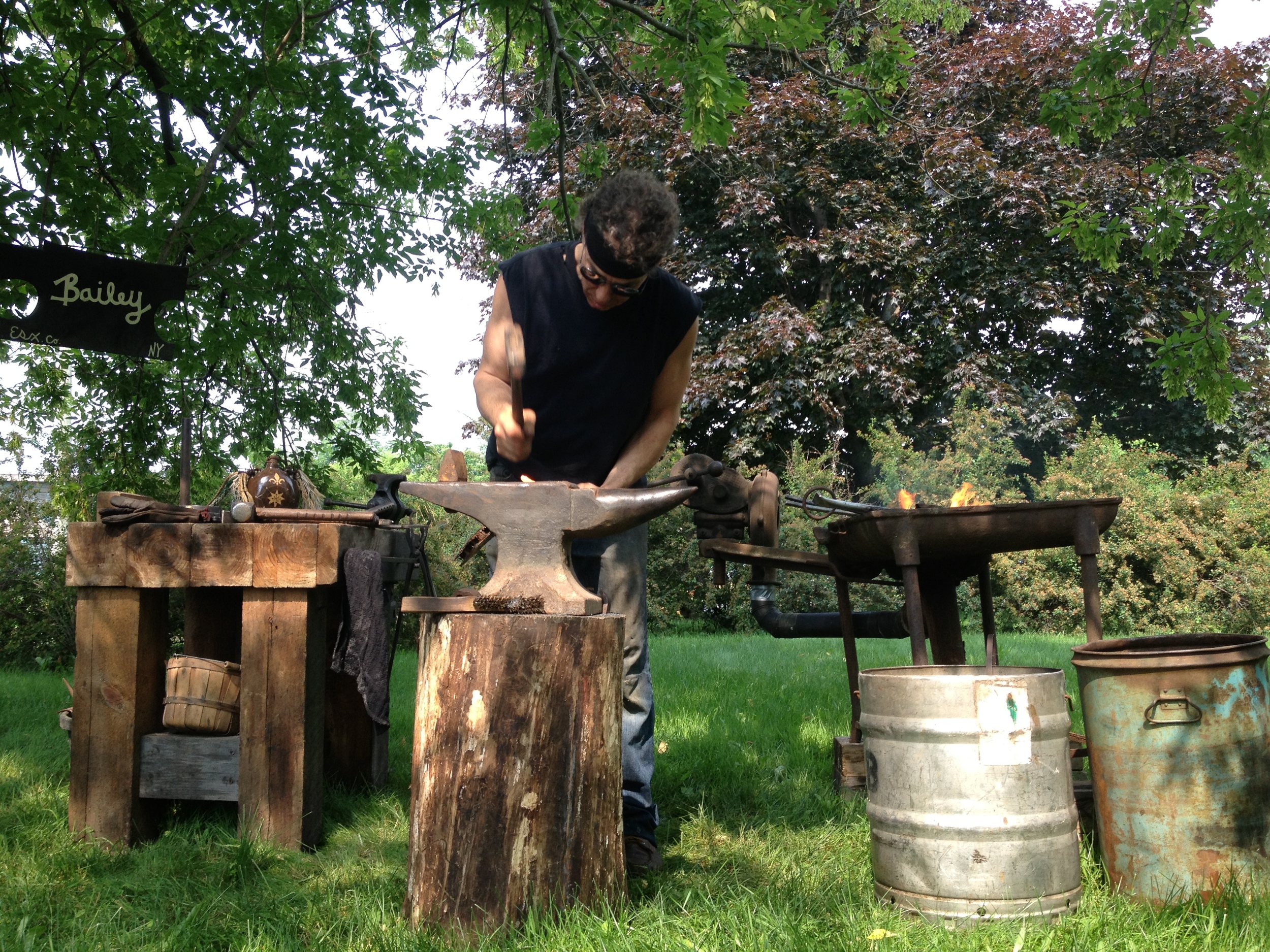This is a long, meandering essay. Consider yourself forewarned.
Back in February at the MOSES conference, one topic that kept popping up in conversation after conversation was Climate Change. This is not exactly a surprising observation. Farming, after all, is one of the only remaining professions that is affected by the weather on a daily, weekly, monthly, and seasonal basis. By extension, the longer-term fluctuations in climate are of vital importance to the farmer dependent on the elements to make her living. When we hear about climate change in the news these days, it is often being blamed for the latest in extreme weather patterns - hurricanes seem to devastate more often, one hundred year floods return way ahead of schedule, record highs and lows seem to be broken every year. More often in recent years, we are beginning to hear about the effects of this extreme weather on farmers: a severe drought wiped out the corn crop in many areas of the Midwest, and brought record low yield in the rest; fruit growers in Michigan and the rest of the country lost all or most of their harvest in May when a late hard frost literally nipped apples, peaches, and cherries in the bud. All this to say that it's no surprise that when you gather three thousand farmers in one place, the issue of climate change is bound to come up. Young farmers in particular, however, seem to have a unique point of view when it comes to climate change. On the most basic level, it makes sense that those of us with the most seasons of farming ahead of us have the greatest stake in a changing planet. Those of us who are just starting out can (and must) plan on farming in a different world than we're learning to farm in now. For some, that means choosing to start farming in a cooler climate now, knowing that a few more decades might mean farming in a whole different zone. For others, that means finding dependable sources of fresh water, or avoiding areas where rising sea levels or more frequent hurricanes might wipe out a farm after years of hard work and investment. After a few of these conversations, I realized that we had started to sound like those "Doomsday preppers" you hear about sometimes - the ones that stock an underground bunker with weeks or months worth of canned food and fresh water, not to mention weapons, ammunition, and paranoia.
Now, in order to really get at the kernel at the center of each one of these conversations I had with other young farmers, I'm going to call on my not-quite-forgotten anthropology studies here and go out on a limb to make broad generalizations about "my generation." It is my opinion that my generation has a unique outlook on the future formed in large part by when we have reached certain key stages in the last two decades. At first, none of this may seem related, but I promise to eventually bring it back around to young farmers facing climate change. I don't know what my generation is technically called, but I'm counting people born between 1984 and 1992, roughly speaking today's "twenty-somethings." We came into consciousness after the Cold War, not old enough to learn to "duck and cover" in the event of a nuclear attack, never in our young lives taking on that fear that the world could end quite suddenly and without warning. Into this peaceful and sheltered existence instead crashed national and international calamities, just when the media three-ring circus really came into its own. Into the void apparently created by ceasing to worry about imminent nuclear holocaust slipped a national fascination with the gory, the titillating, the tragic the macabre: JonBenet, O.J., Diana, Lewinskey, even Oklahoma City. To my generation, the ubiquitious news stories were in the adult realm, cover stories to be passed over at the supermarket checkout counter in favor of the possibility of a candy treat.
The first national news story that affected our daily lives was most likely the shooting at Columbine in the spring of 1999. While we may not have been old enough to watch the news coverage, to the standard school fire and tornado drills was added a new maneuver: the armed intruder lock-down. Instead of lining up outside or crouching in the hallways away from windows, we were instructed to lock the classroom door, turn off the lights, close the blinds, and gather against the wall closest to the door, out of view of a passing armed psychopath. By 2001, we were old enough to watch non-stop coverage of our next national tragedy. To the armed intruder was added a distant, faceless enemy to fear. Over the next decade, first friends' older siblings and then our friends left to fight wars it was all too easy to ignore day by day, and which lagged on with no discernible progress or end in sight. Natural disasters occurred in such quick succession it seemed that the Red Cross might be running a Nigerian Prince scam on the entire country. The media circus intensified, with 24-hour news networks churning through the dark undercurrent of war, unrest, and uncertainty to draw the nation's attention to the same mix of the gory, titillating, tragic, macabre stories that characterized the 1990s at a dizzying rate.
We came of age politically in a time when campaigns started the day after elections, and when one month's sure winner was "who again?" the next. The first election we followed was decided by the Supreme Court, the next improbably bungled. We were forced to choose between a qualified woman and an inspiring Black man, and rallied behind the latter. We raised our hopes impossibly high, and had them chipped away by the incompetence and polarity of the legislative branch. As my generation started to become adults, to emerge into the "real world," the bottom fell out of the financial market and we were left to find our first post-college jobs in one of the worst job markets since the Great Depression. Into the churning mix of "news" is added the steady hum of foreclosures, bank failures, and monthly numbers of all kinds above and below projections for the the worst. In the midst of all of this, we became the most adept users of a tool that came of age as we did: the internet. We emerged into the world hyperconnected, with anything we could want at our fingertips and yet seemingly devoid of marketable skills.
This unique set of circumstances has resulted in a unique set of people, for better or worse. On the one hand, this melange of dark uncertainty has caused many of my generation to step back and view the world through a lens of detached irony: never caring about anything enough that we would be affected by its demise, eschewing earnestness, distracting ourselves by becoming briefly "into" certain things until enough people come to agree with us that it becomes "ruined." Others try to counter the uncertainty and hopelessness by diving deep into internet-fueled rabbit holes of pop culture, technology, fandom, etc., essentially replacing any emotional investment in the problems real world with emotional investment in a fantasy world. Some, faced with a world increasingly impossible to understand and problems seemingly impossible to solve, instead turn inward and magnify and sometimes exacerbate their own problems (see HBO's "Girls" for a pop culture depiction of this route). Others choose to tackle the world head on from both inside and outside of the system, protesting, occupying, and signing up for national service programs in record numbers. Still others react to the uncertainty of the future and the intangibility of a digital world by reaching into the past for analog skills. This is where the current crop of young farmers comes in: we are essentially taking this impulse to the extreme. What has manifested itself in a spate of "DIY" crafts, canning, and urban butchering classes becomes in us a need to grow food for ourselves and others.
So, bringing it back around finally to our young farmers talking about climate change, let's look at what we have learned to expect from the world in the last two decades. First, the gradual, cumulative changes brought about by advances in technology have created a world drastically different from the one we were born into. Second, drastic sudden events have created a world different from the one we came to know as children. Third, constant background chatter of uncertainty and certain doom courtesy of current events churned through the media makes the scandals and culture wars of the 1990s look like quaint bedtime stories. Given these factors, there is no reason for today's twenty-somethings to expect the world to be at all recognizable twenty years from now. There is no specific enemy to fear, there is no specific event to prepare for, but there is a certainty that something is in store for us that we cannot fathom at this moment. From this perspective, climate change is certainly something for the young farmer to consider in planning for the future, but only one worry among many. In a way, like those doomsday preppers mentioned above, we are arming ourselves for a coming apocalypse. Instead of stockpiling, however, we are choosing to equip ourselves with the skills to provide nourishment for ourselves and others. We are working outside an industrial food system that we don't necessarily expect to see in that unknown world twenty years from now. We are choosing a location to farm with the knowledge that it will be a different place in twenty years. We are looking to create local economies again, in which a community can provide for itself not only nutritionally, but culturally, artistically, spiritually, medically, etc. We cannot hope to affect much change in the wider world, so we try our hand at creating a world on a small scale that we hope will be thriving twenty years from now, no matter what the world looks like then. We are choosing to beat back the underlying doom with optimistic realism on a miniscule scale, day by day. We plant a seed optimistic that it will germinate, grow strong under our care, and that we will still be around when it eventually bears us fruit in return for our labors. As a young farmer, that optimism will carry me into an uncertain future prepared to handle whatever the world has in store.











